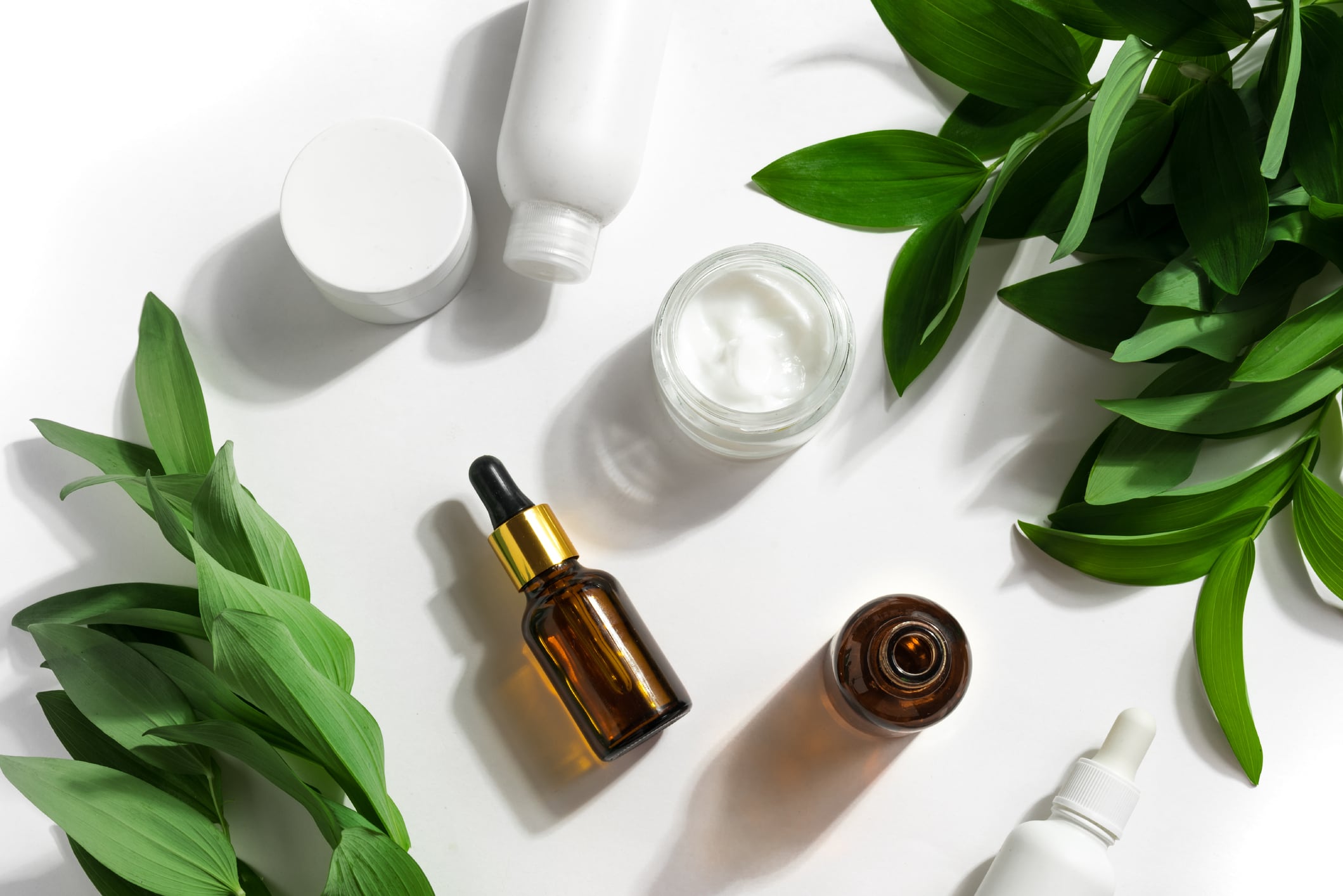
Indian review highlights rise of plant-based cosmetic actives but flags safety, data gaps
A new scientific review has mapped how plant-based ingredients are reshaping cosmetic science, and where evidence and safety still fall short.
News & Analysis on Cosmetics Innovation

A new scientific review has mapped how plant-based ingredients are reshaping cosmetic science, and where evidence and safety still fall short.
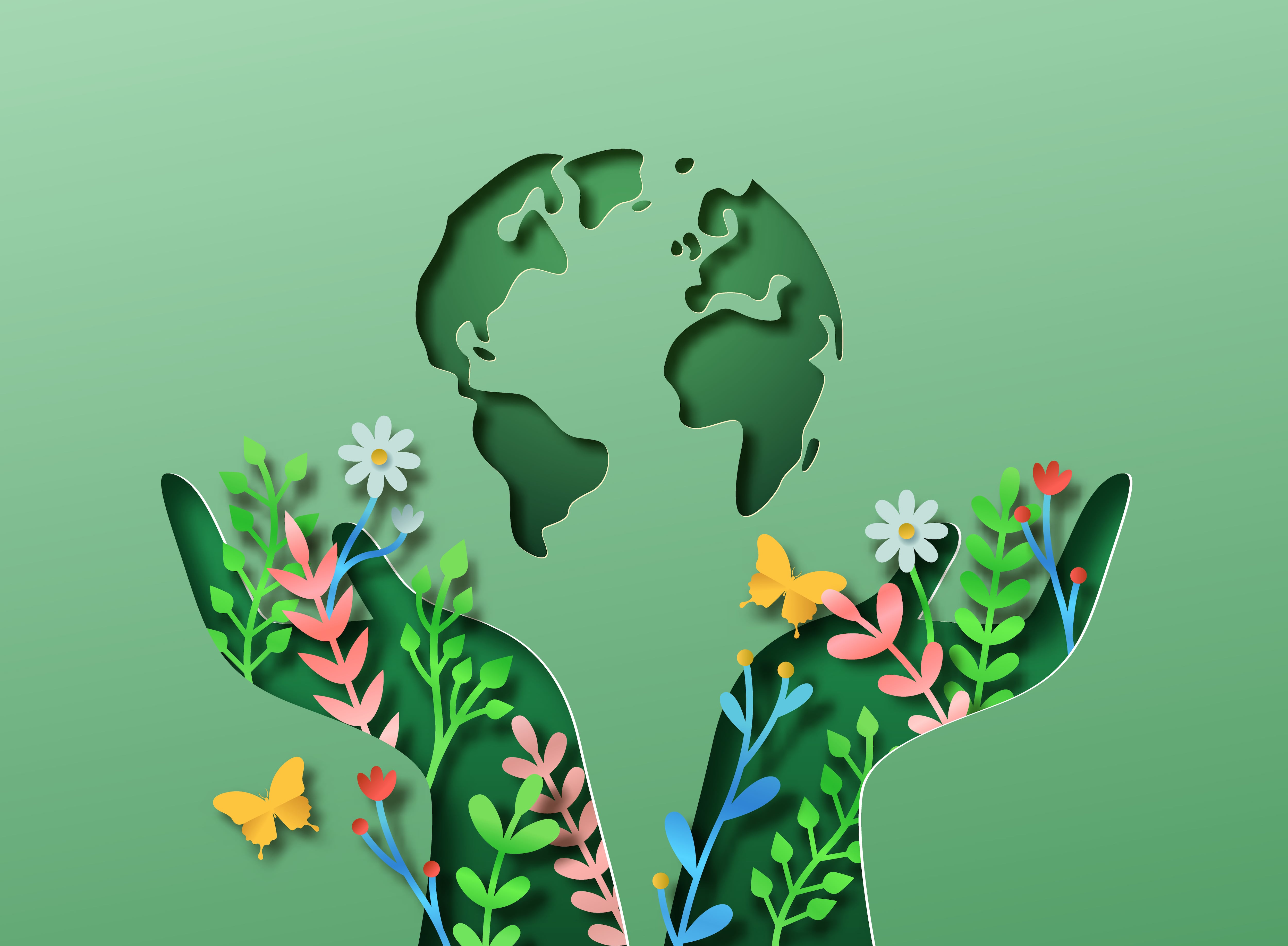
dsm-firmenich, LPPOM and RSPO offer their perspectives on some of the key barriers and innovations surrounding the topic of green beauty, ahead of the Sustainable Cosmetics Summit in Hong Kong.
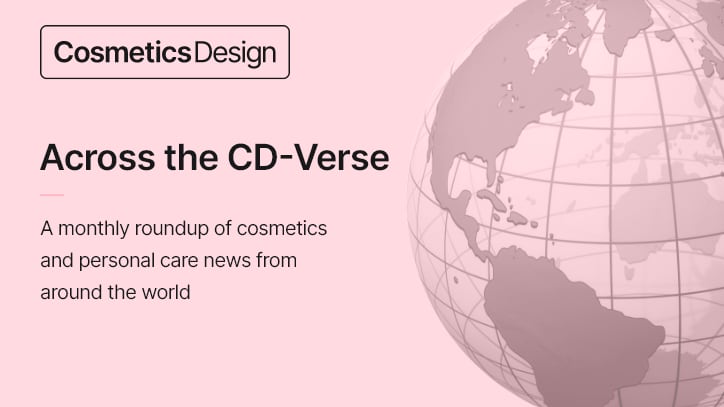
This month’s installment of CosmeticsDesigns’ global roundup examines shifting regulatory landscapes, financial news, and breakdowns of industry analysis reporting.
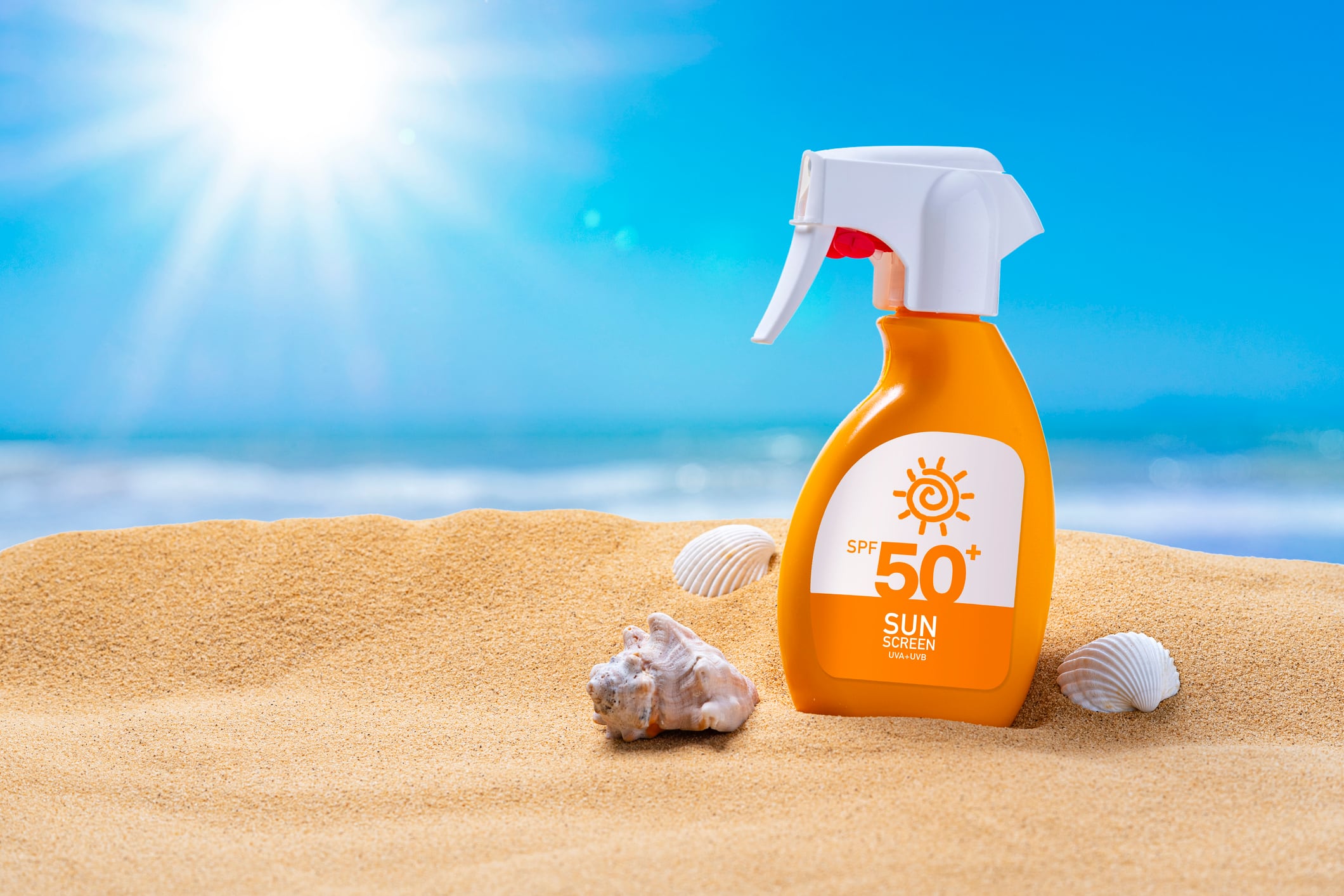
Australia’s Therapeutic Goods Administration (TGA) is conducting in-depth investigations into sunscreens after a recent report exposed multiple products that did not meet their claimed SPF levels.
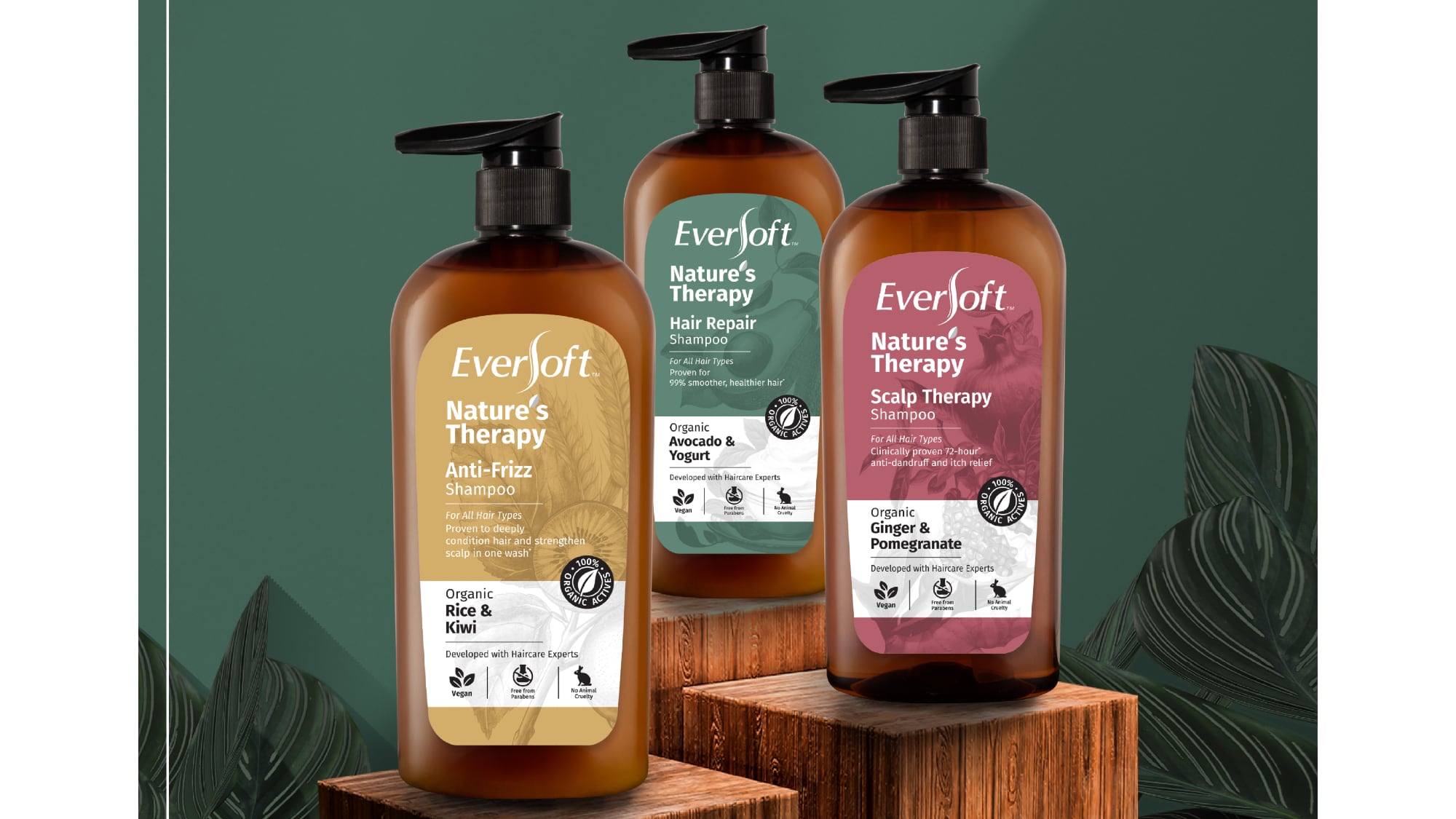
Singapore’s EVERSOFT has launched its first new shampoo range in five years, which it says is a key area of focus for the brand’s portfolio expansion plans.
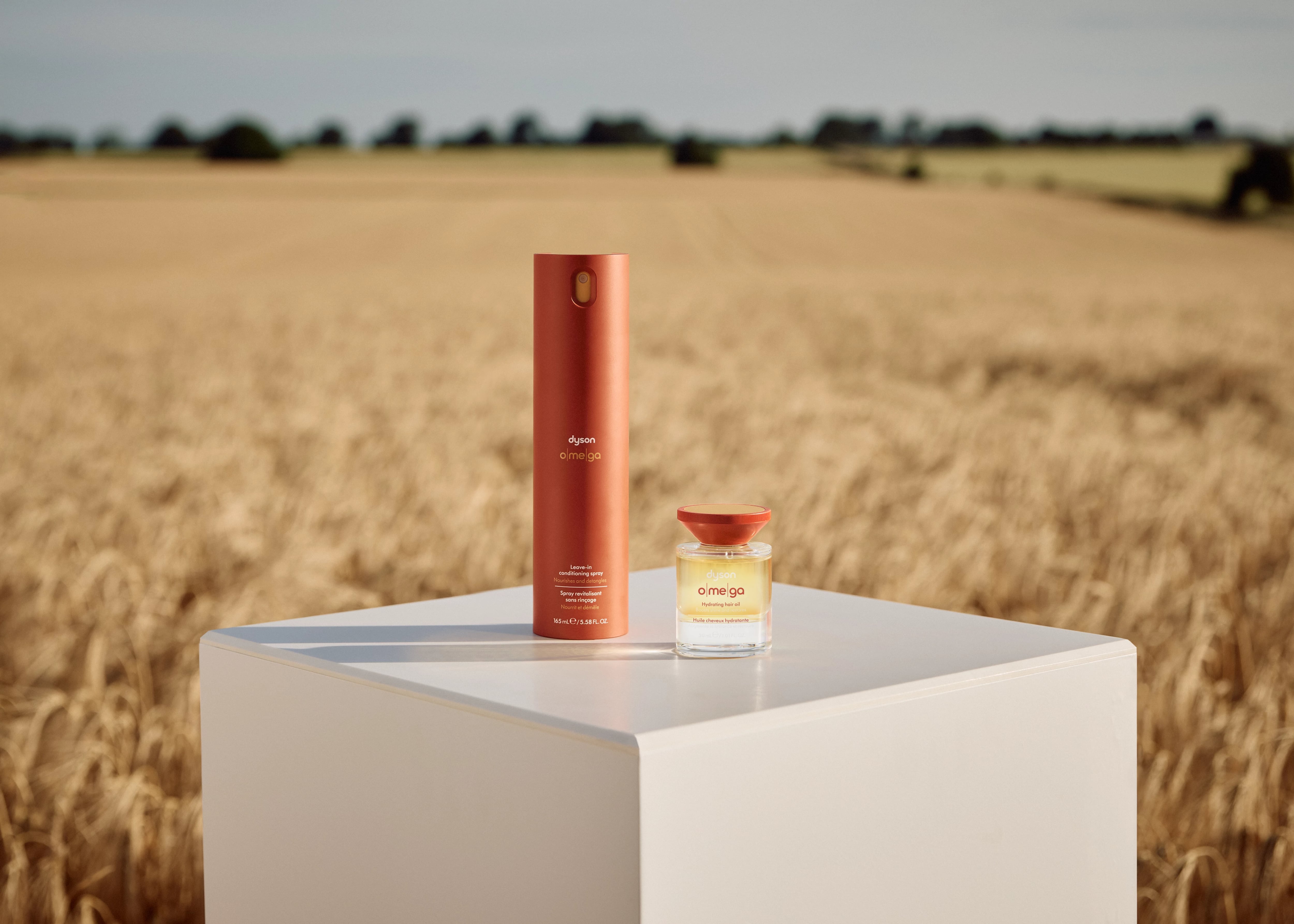
Dyson has launched its second-ever hair care range formulated with a proprietary blend of seven omega-rich oils, including an ingredient grown on its farms, marking a new milestone for the company.
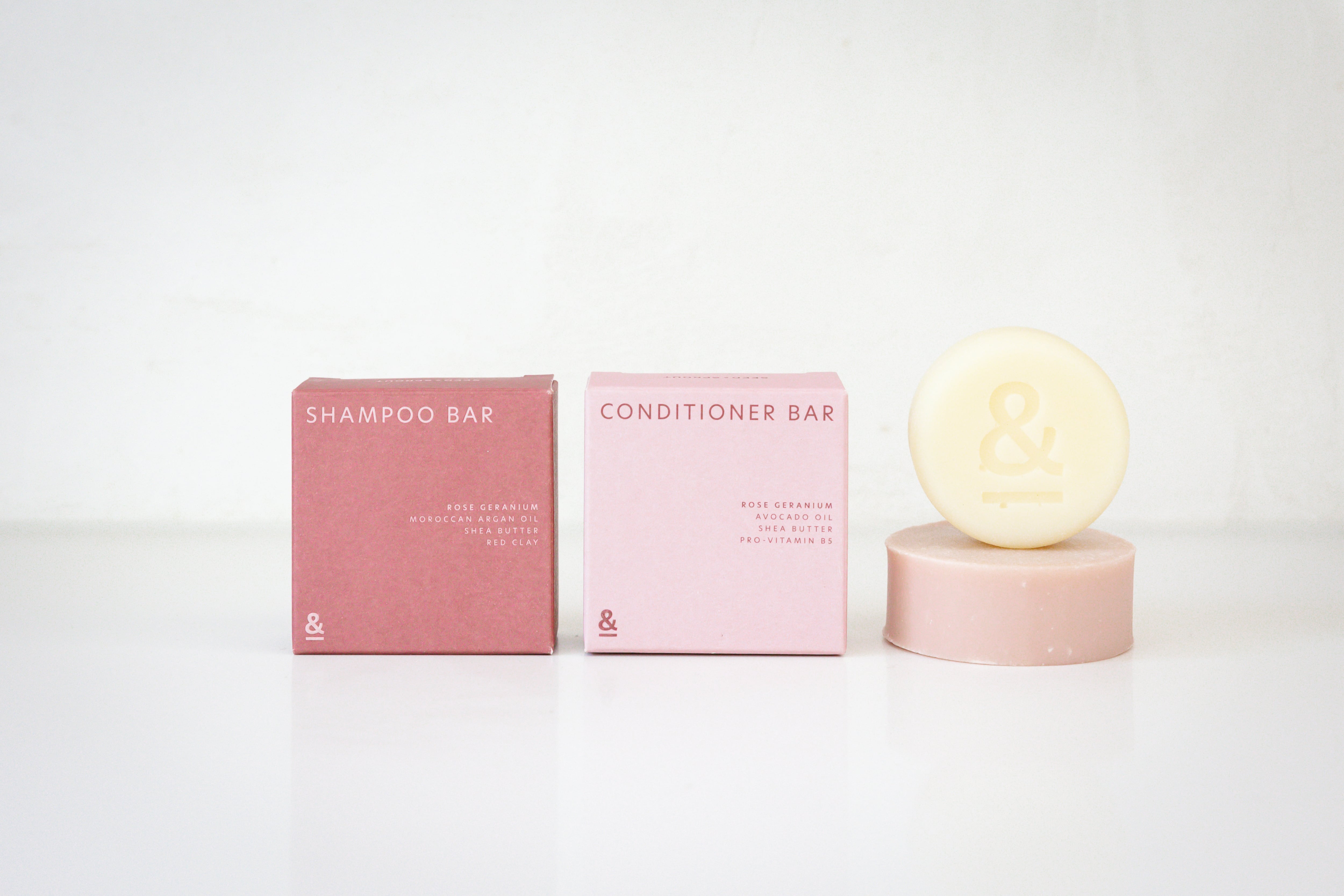
Australian brand Seed & Sprout is addressing green fatigue among consumers and debunking misconceptions about bar format products, while leveraging TikTok to spread sustainability and brand awareness.
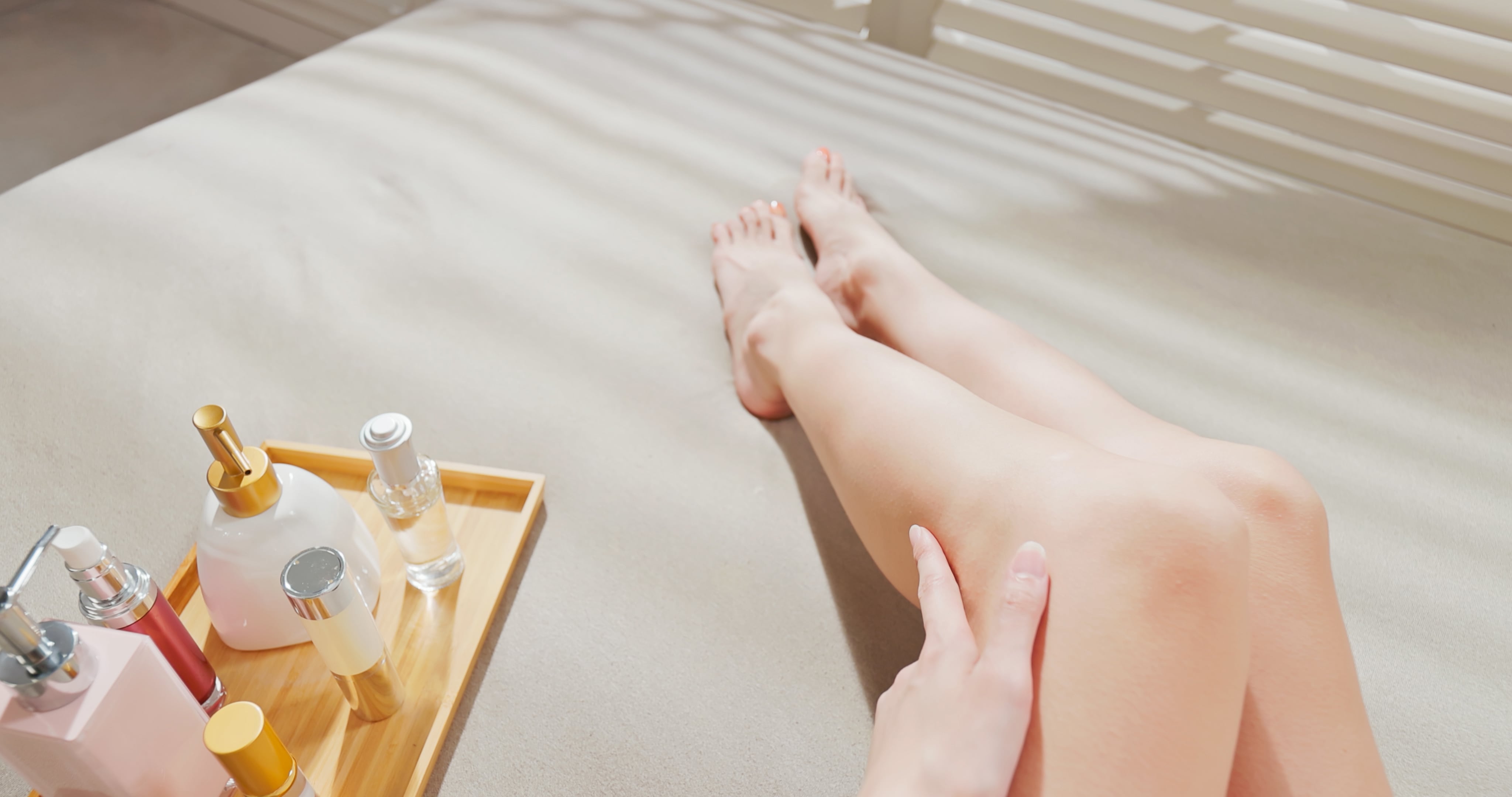
In this round-up, we highlight the top 10 stories of June 2025, including Shiseido’s take on slow-ageing, Glow Recipe’s reformulated sunscreen, Sol de Janeiro’s first body lotion, and more.

Since leaving major social platforms in 2021, Lush has doubled down on owned channels and ethical digital spaces, signaling a shift that could reshape brand-consumer engagement across industries.
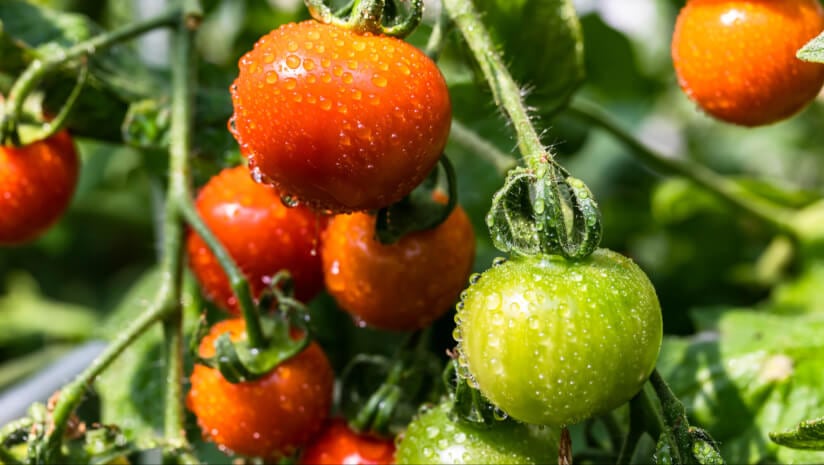
Native Extracts has unveiled a “game changing” upcycled tomato seed oil, marking the start of its partnership with Kagome Australia to develop high performance upcycled ingredients.
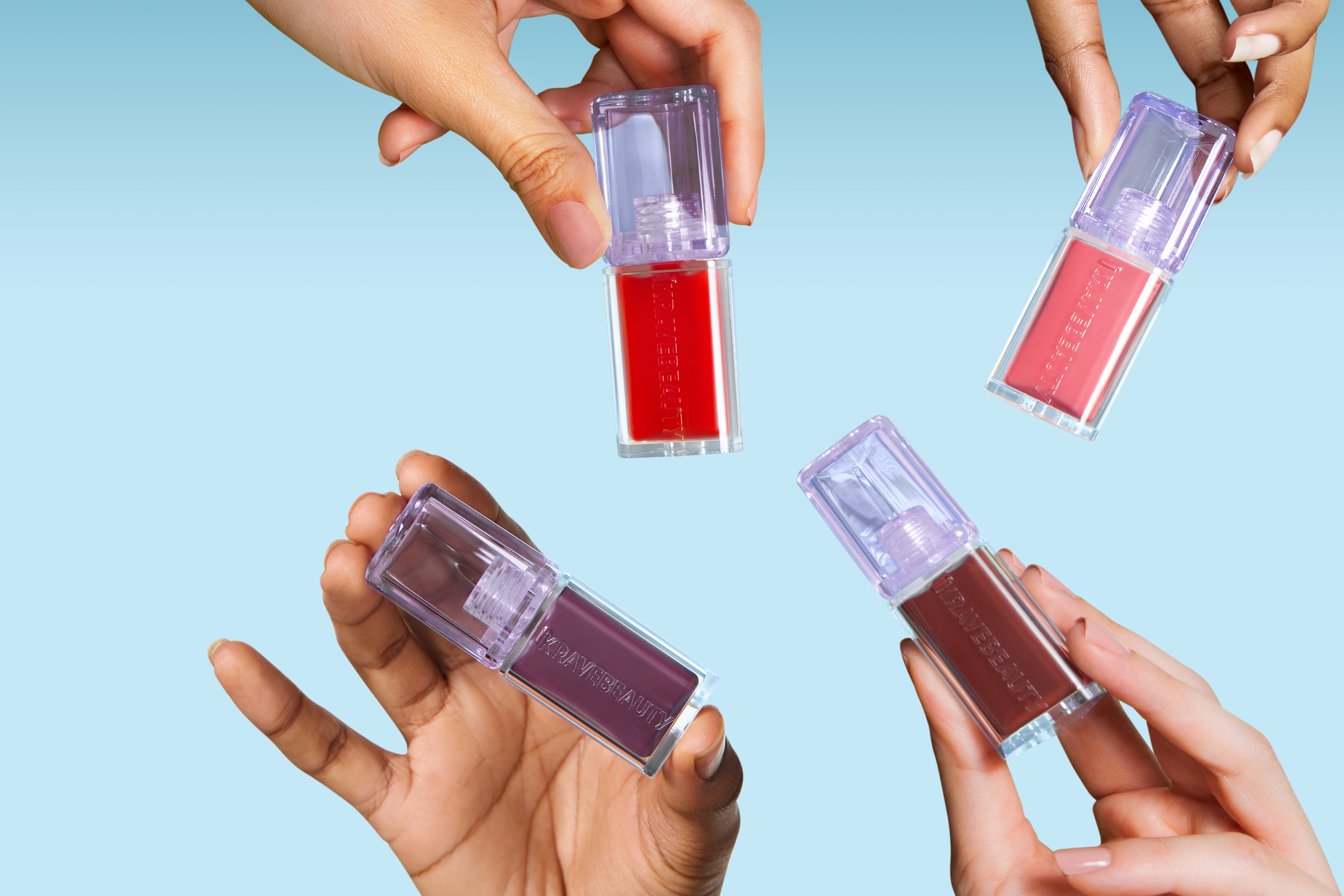
The founder of Krave Beauty says developing products with sustainable packaging is a major challenge despite many new innovations being launched over the years.
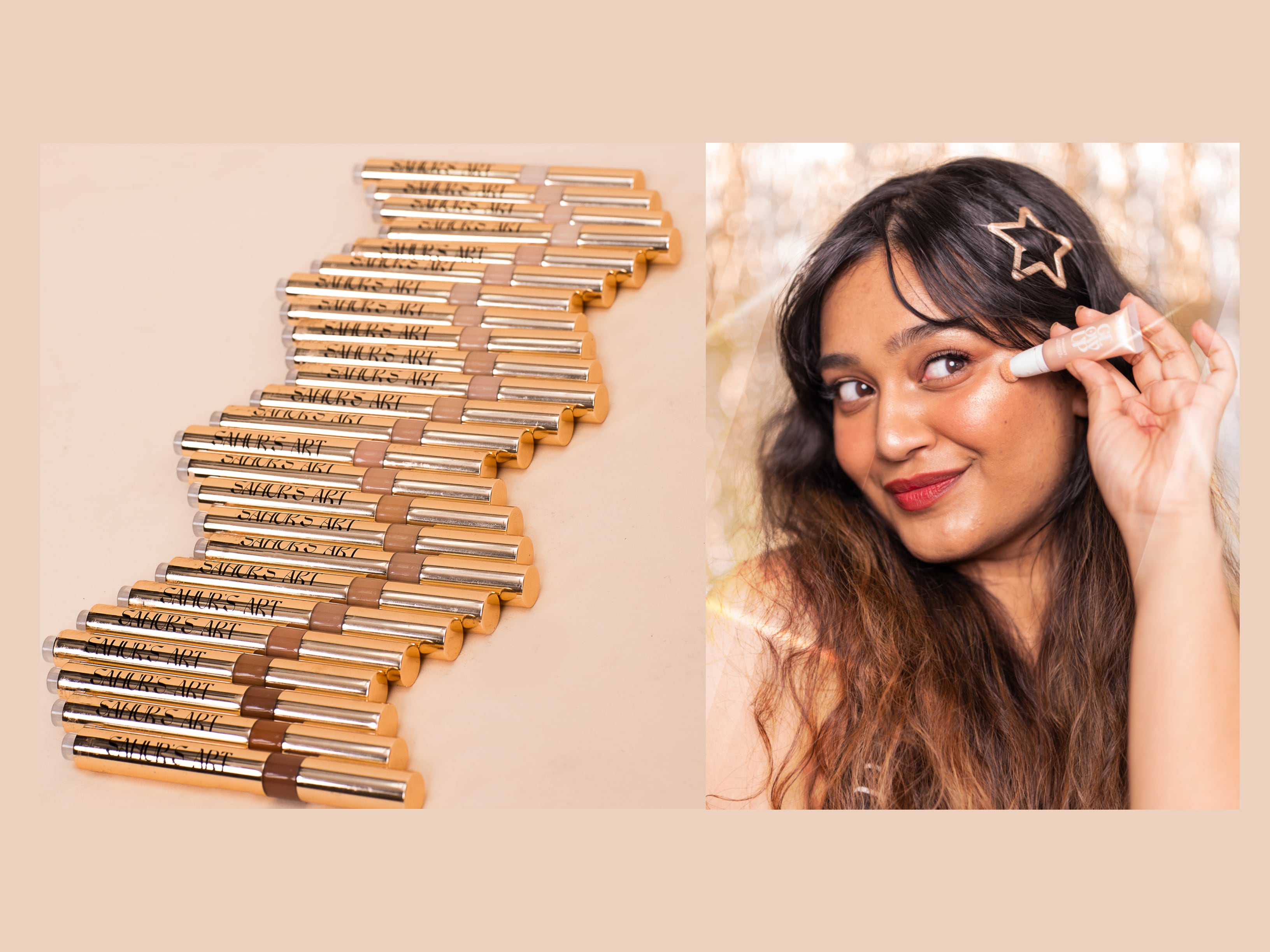
Singapore-based Sahur’s Art expects to see a shift from the minimalist makeup trend to bold and expressive looks, as more consumers are open to experimenting.
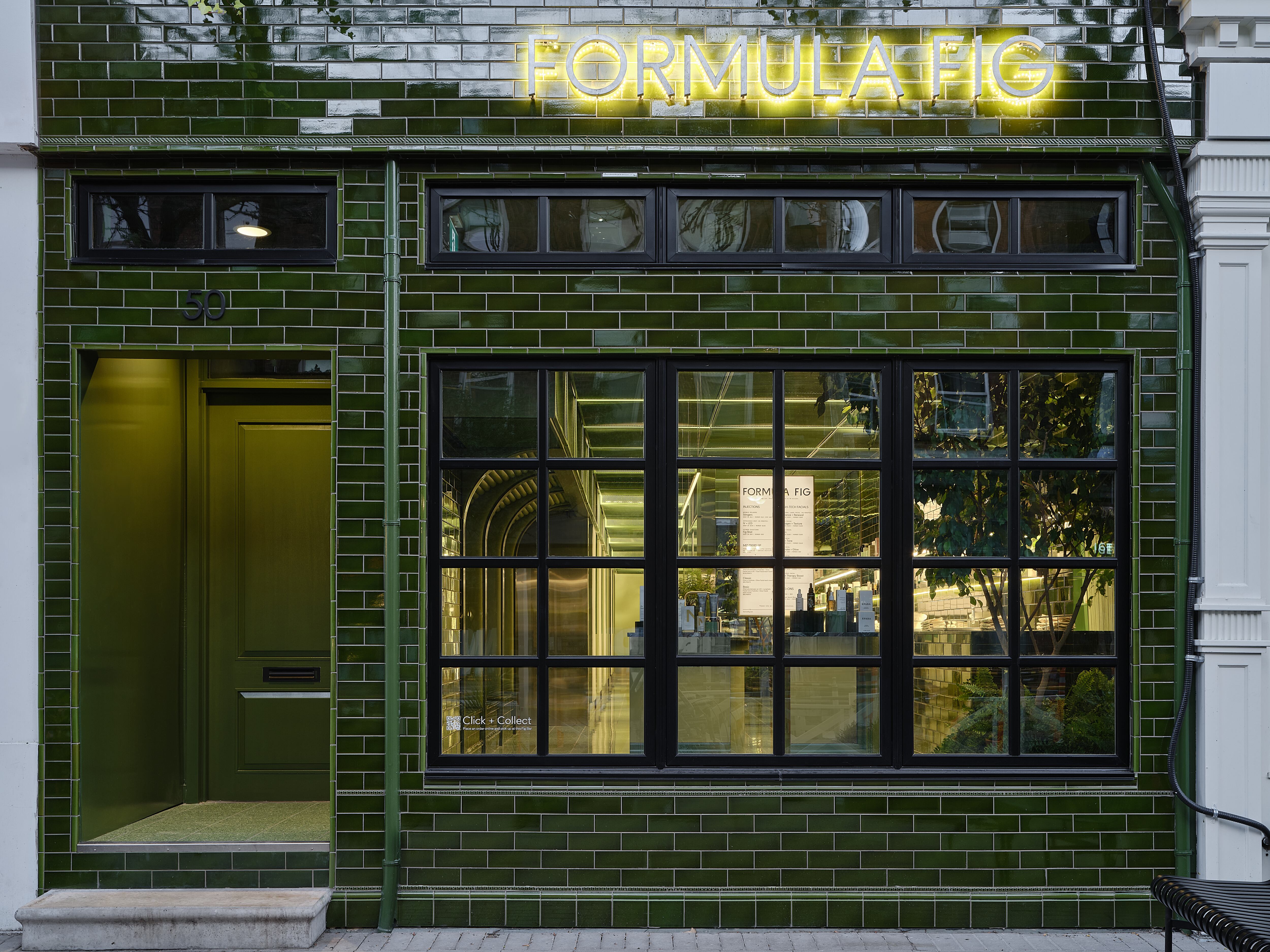
“Over the past six years, we have invested heavily in our ability to find the highest-performing ingredients that only we can access, and it was the next logical step for us to enter the professional services market,” said Joshua Britton, PhD, Founder...
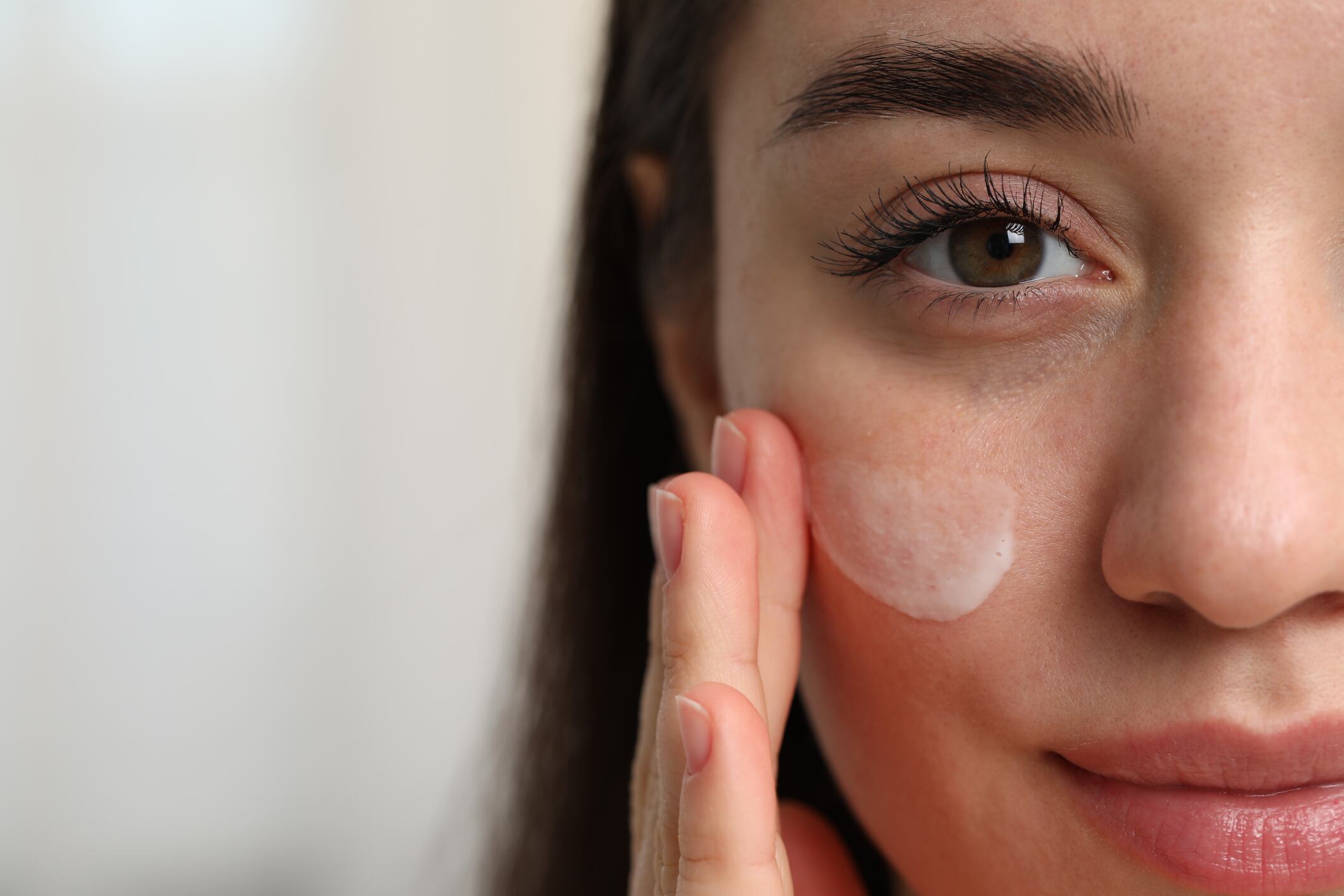
In this CosmeticsDesign Q&A, we speak to the experts for a closer look at how the use of renewable resources is reshaping the production of essential skin care ingredients like succinic acid.
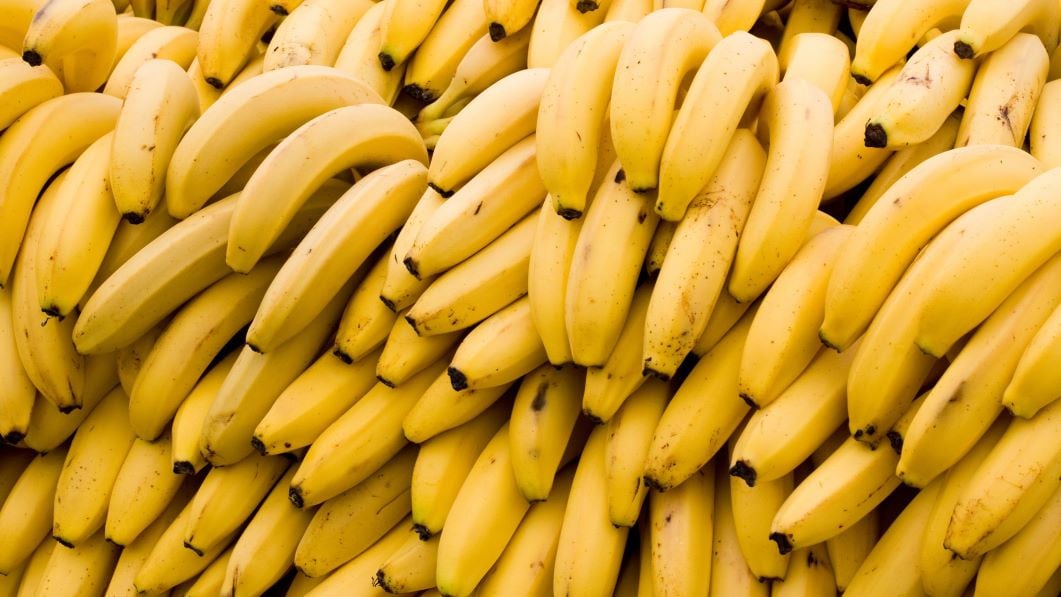
Kadalys, a French biotechnology firm specialising in banana-derived active ingredients for cosmetics, is hoping to tap into Asia's demand for high-efficacy natural ingredients.
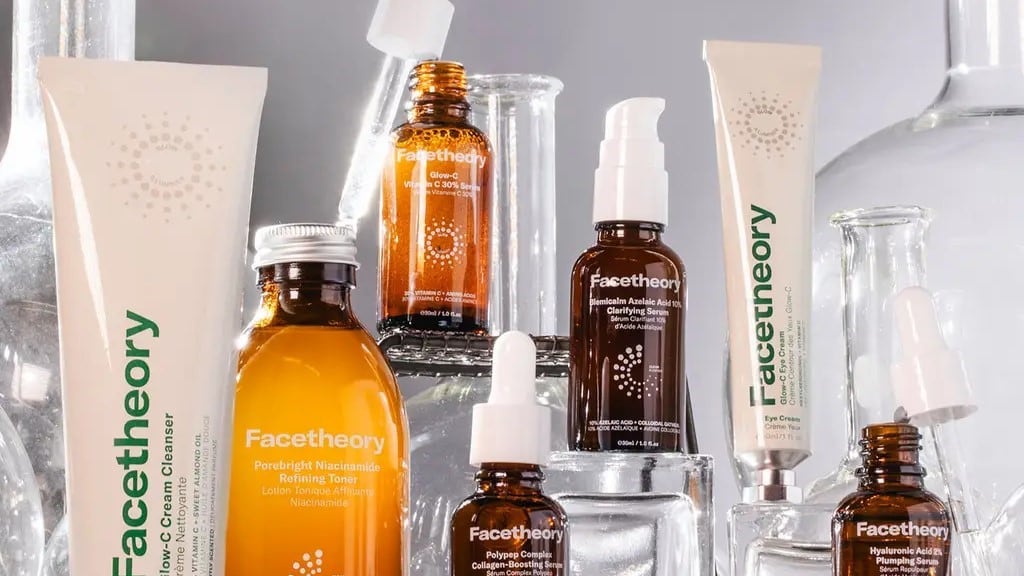
British brand Facetheory is aiming to capture Asia Pacific consumers with effective products, accessible price points, and strong focus on sustainability to appeal to the growing segment of eco-conscious consumers in the region.
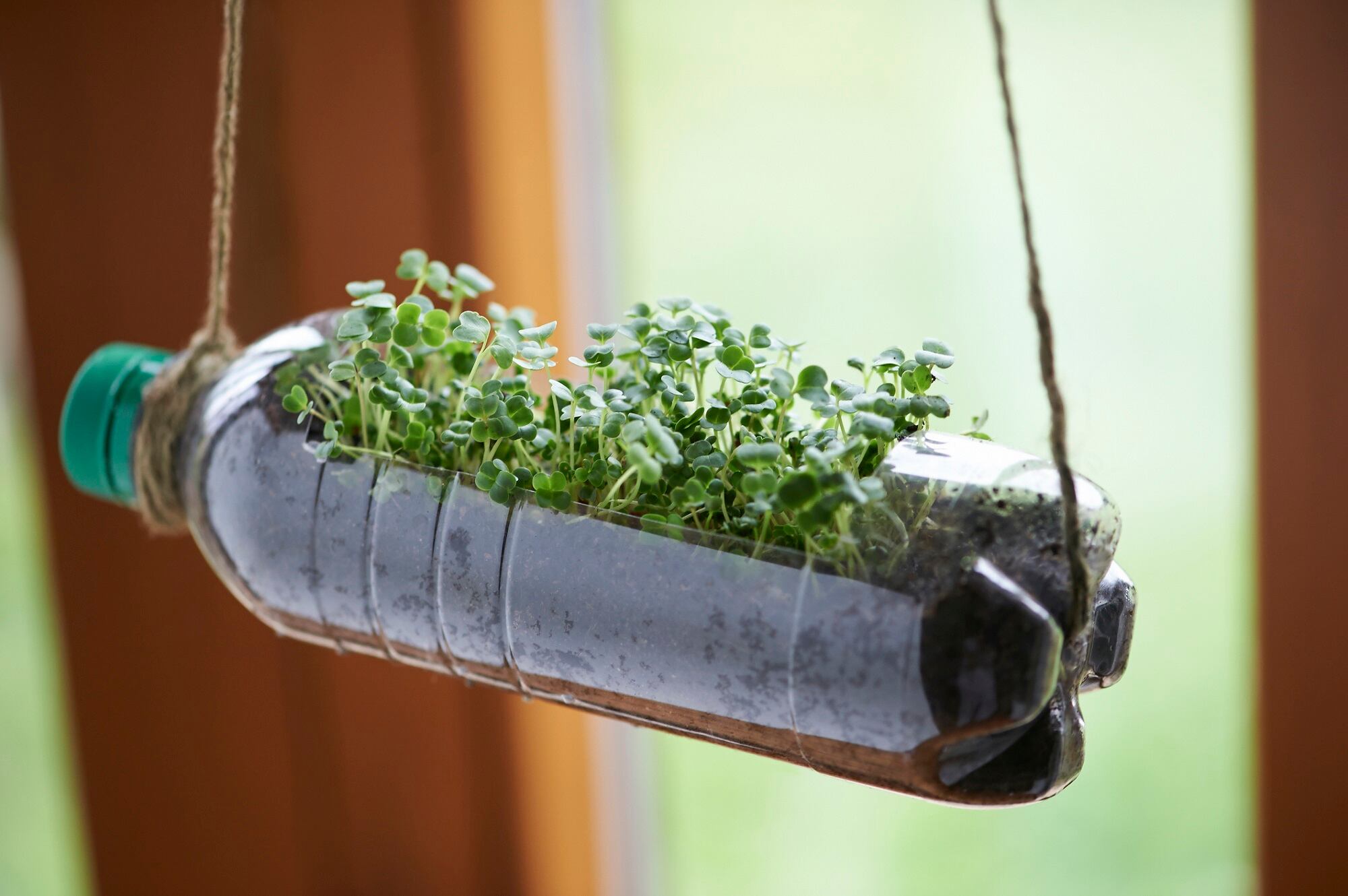
Explore the latest in ingredient upcycling and transparency advancements as the cosmetics industry redefines sustainability with digital traceability and innovative, waste-derived ingredients.
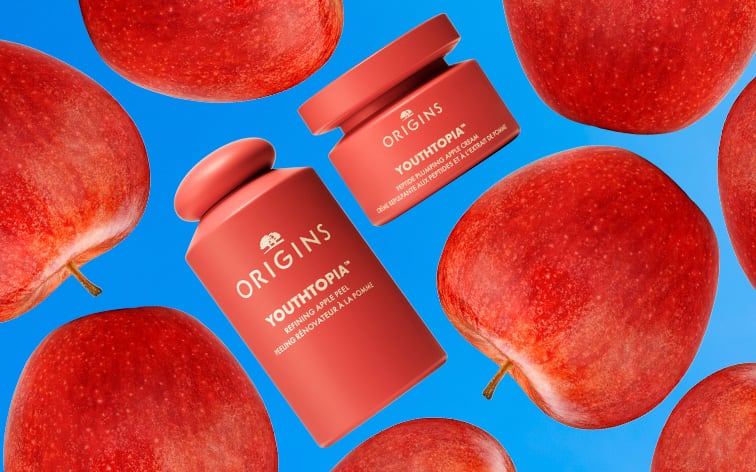
Origins’ new Youthtopia series highlights the transformative potential of upcycled beauty ingredients and is spurring the brand to brand to explore future opportunities in upcycling.
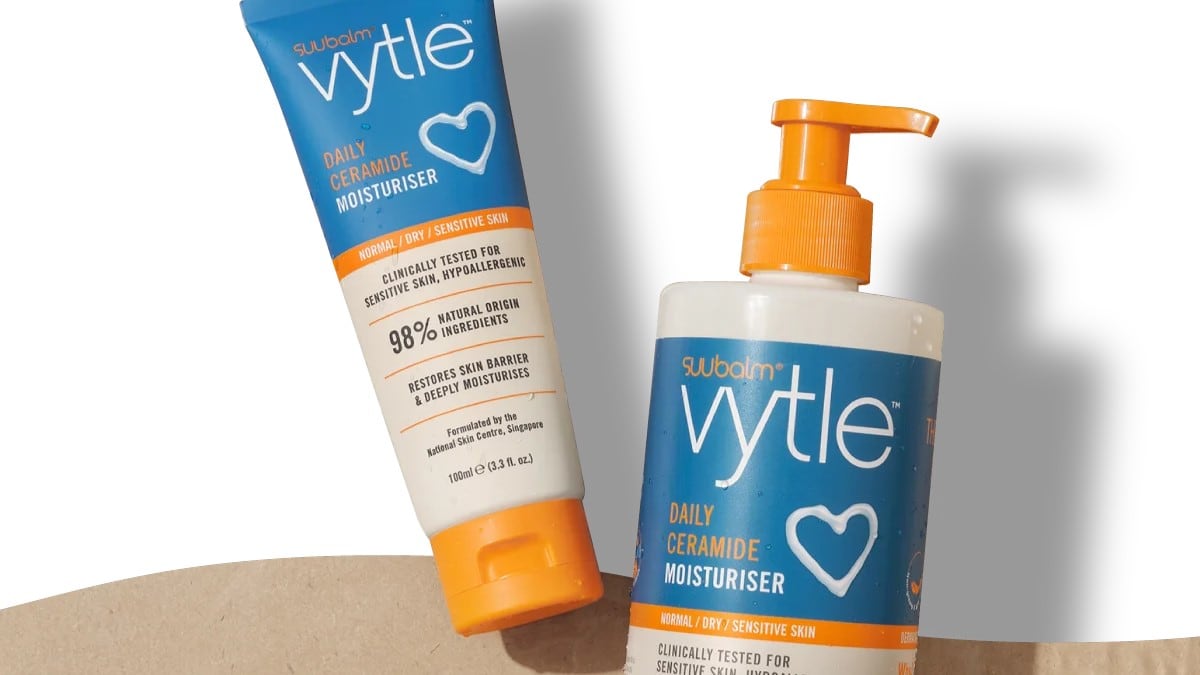
Good Pharma Dermatology is seeking to attract a broader consumer base seeking effective, dermatologist-backed skin care with a new launch called Vytle.
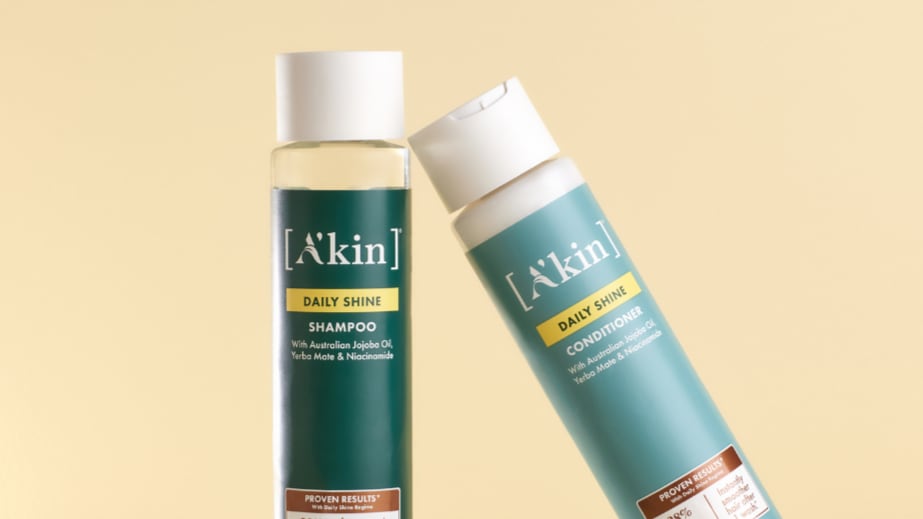
A'kin is moving away from skin care todouble down on its strengths in hair care and natural deodorant to meet consumer demand for effective botanical ingredients in these categories.
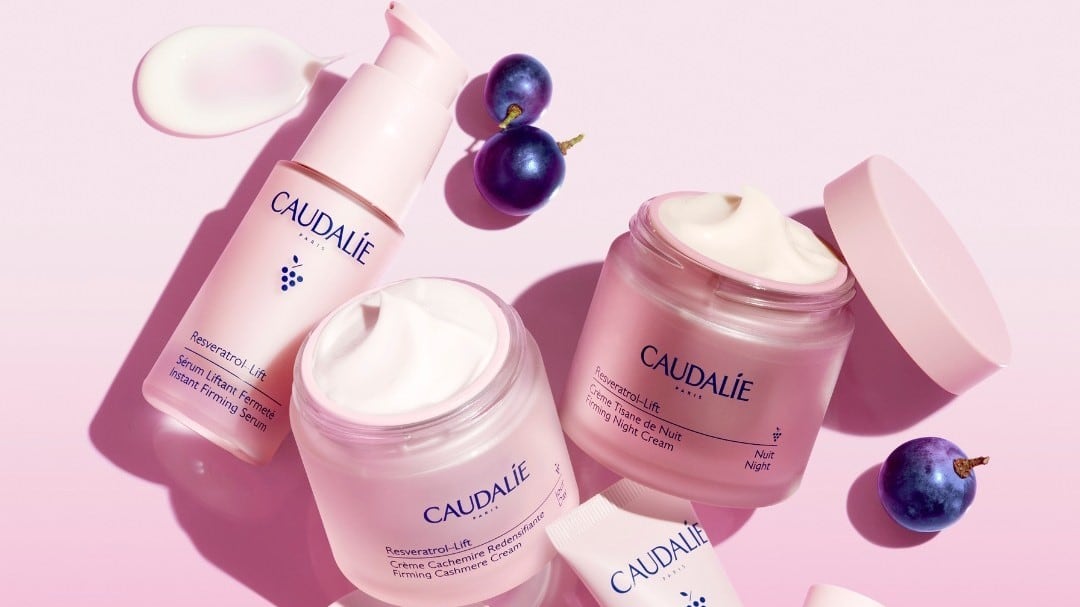
Cult favourite pharmacy brand Caudalie will unveil a new flagship store in Kuala Lumpur at the end of November.
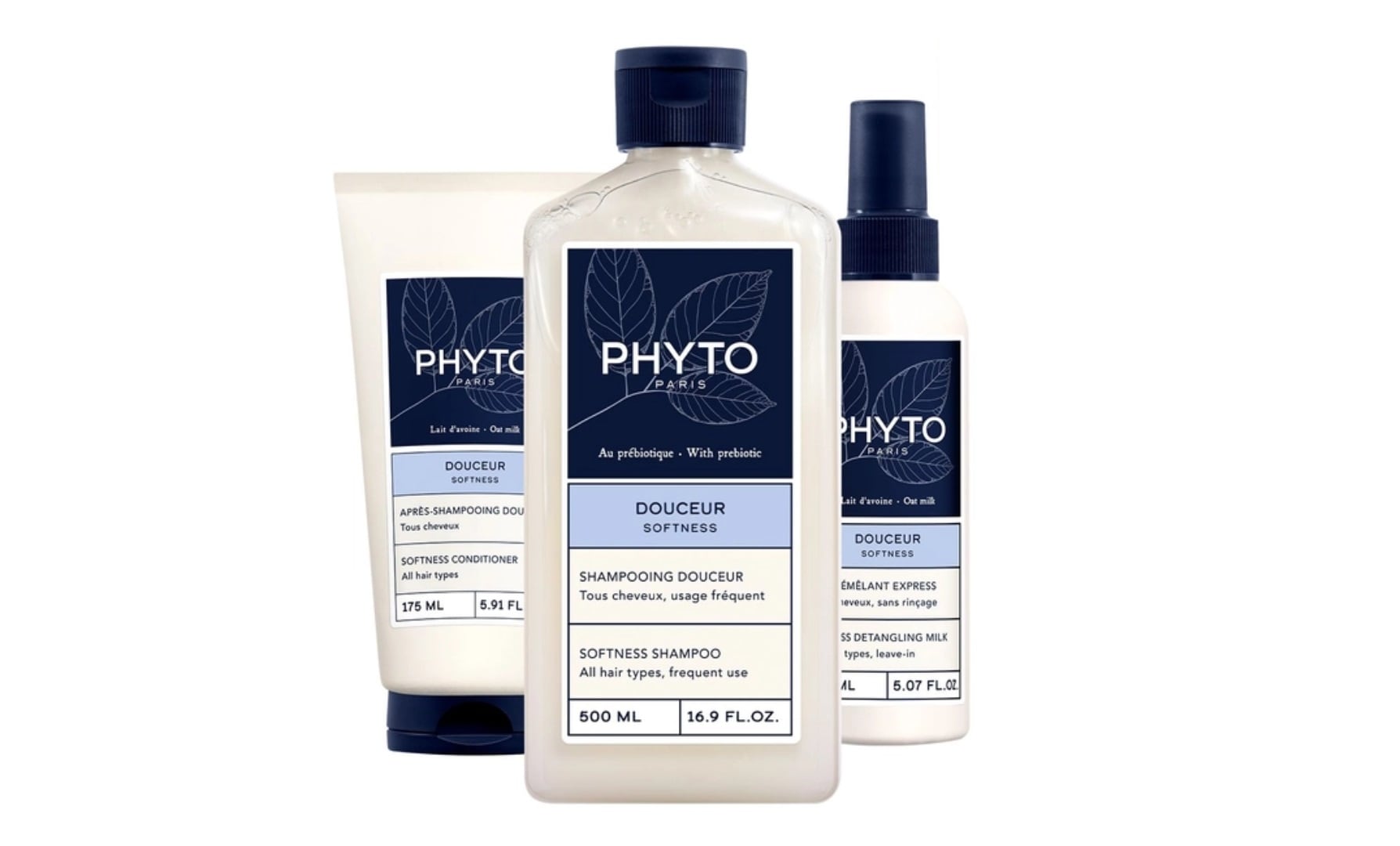
French hair care brand Phyto is streamlining its offerings to strengthen its position in the increasingly competitive hair care landscape in Asia.
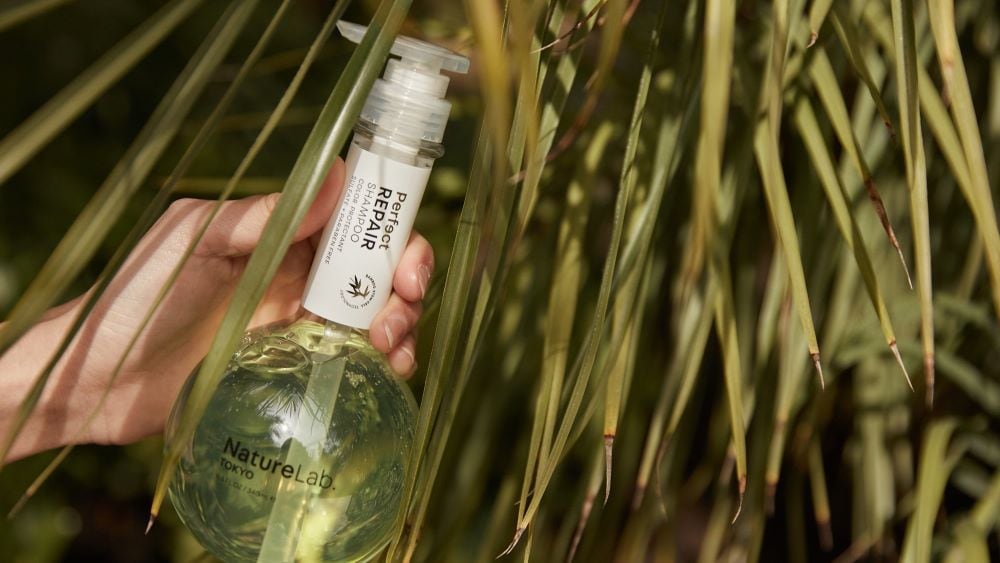
Japanese personal care major Mandom is rolling out NatureLab Tokyo in Singapore as it seeks the opportunity to meet the demands for clean, natural and ingredient-led scalp care solutions.
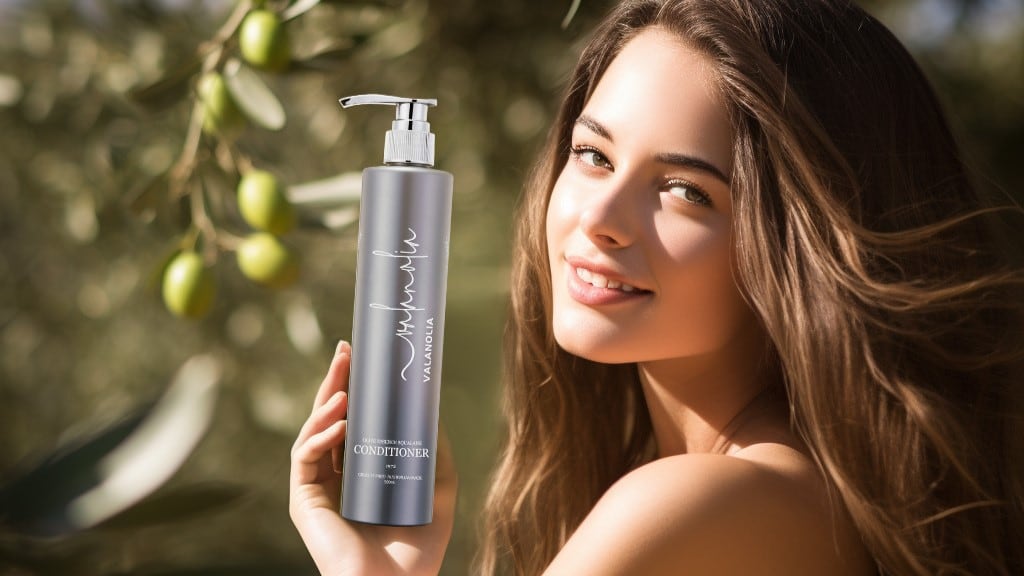
Australian olive farm Valanolia has ventured into beauty with antioxidant rich olive oil hair care made from upcycled materials to meet booming demand for advanced hair care solutions in Asia.
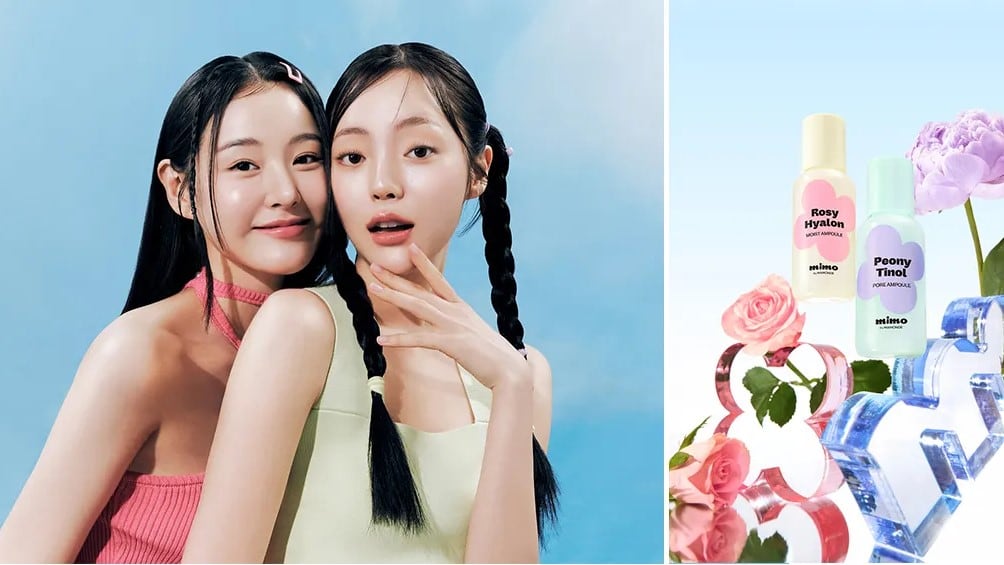
K-beauty firm Amorepacific has launched Mimo by Mamonde, a Daiso-exclusive clean beauty brand that caters to Generation Zalpha consumers.
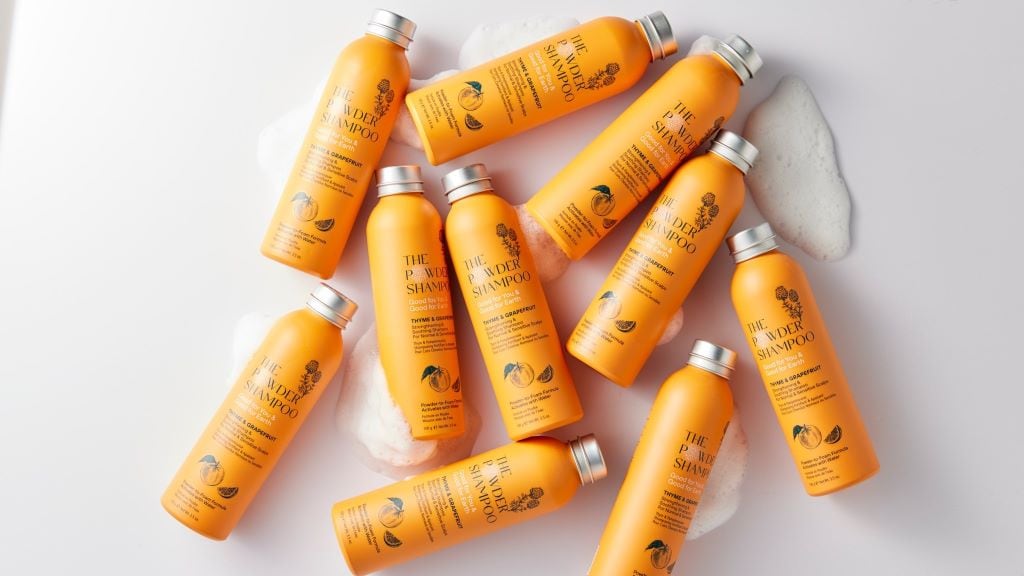
Singapore brand The Powder Shampoo says a waterless conditioner is currently in development to meet growing consumer demand for more plastic-free, water-saving products.
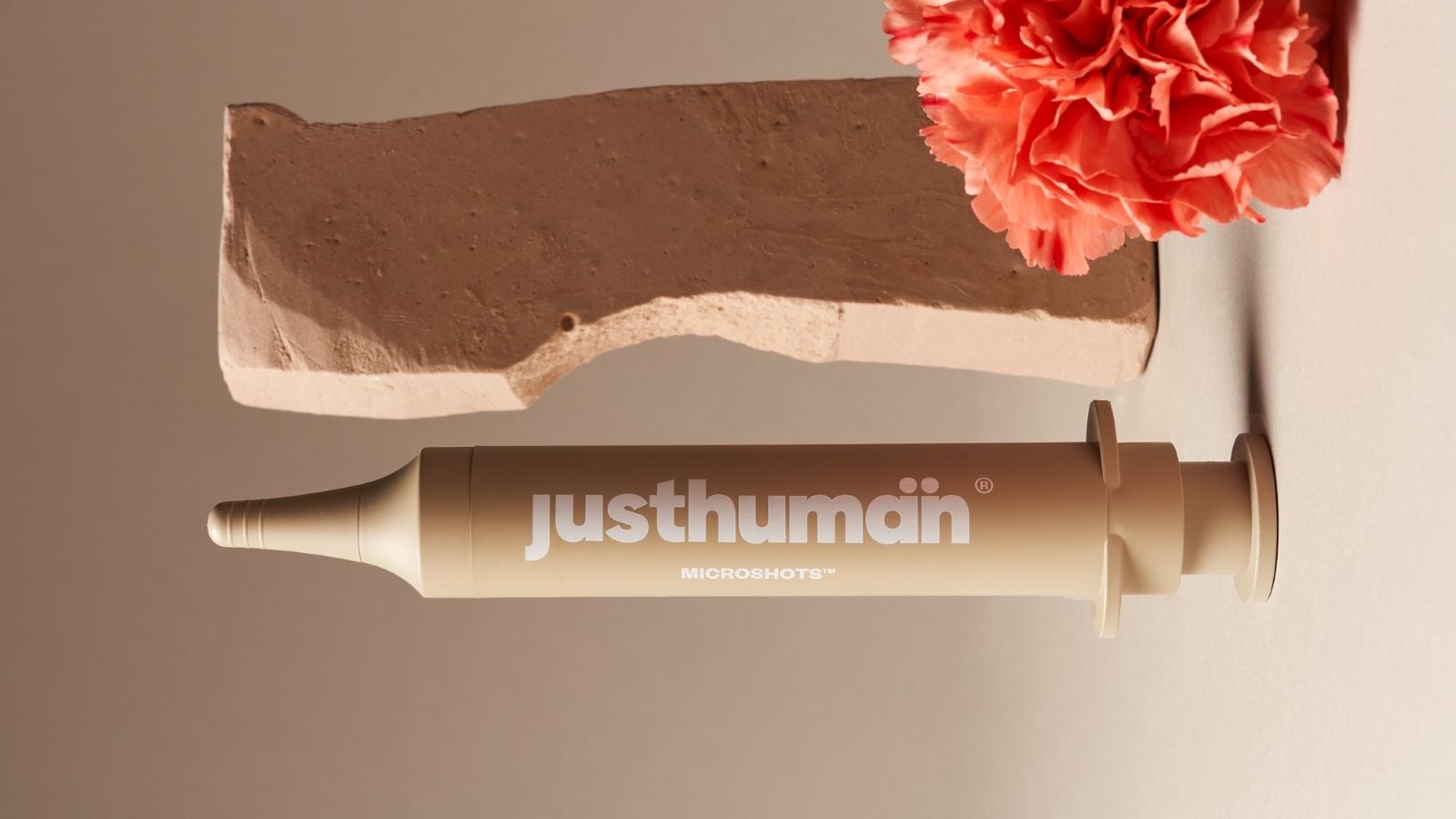
Neurocosmetic brand Justhuman has launched its first skin care product on its way to develop a full suite of holistic beauty and personal care products.
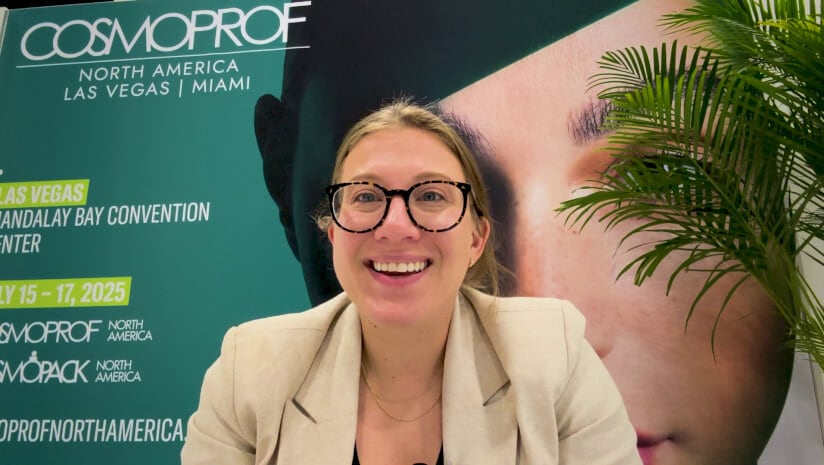
We selected three stand-out brands during this year's Cosmoprof North America show that are innovators and leaders in the clean and green beauty space: a skin care brand, a packaging manufacturer, and a whole-body deodorant brand.

Insights from Nykaa, Potion Inc, and Invest India highlight strategies to win over its price-sensitive consumers and navigate diverse distribution challenges within India’s tier two and three cities.
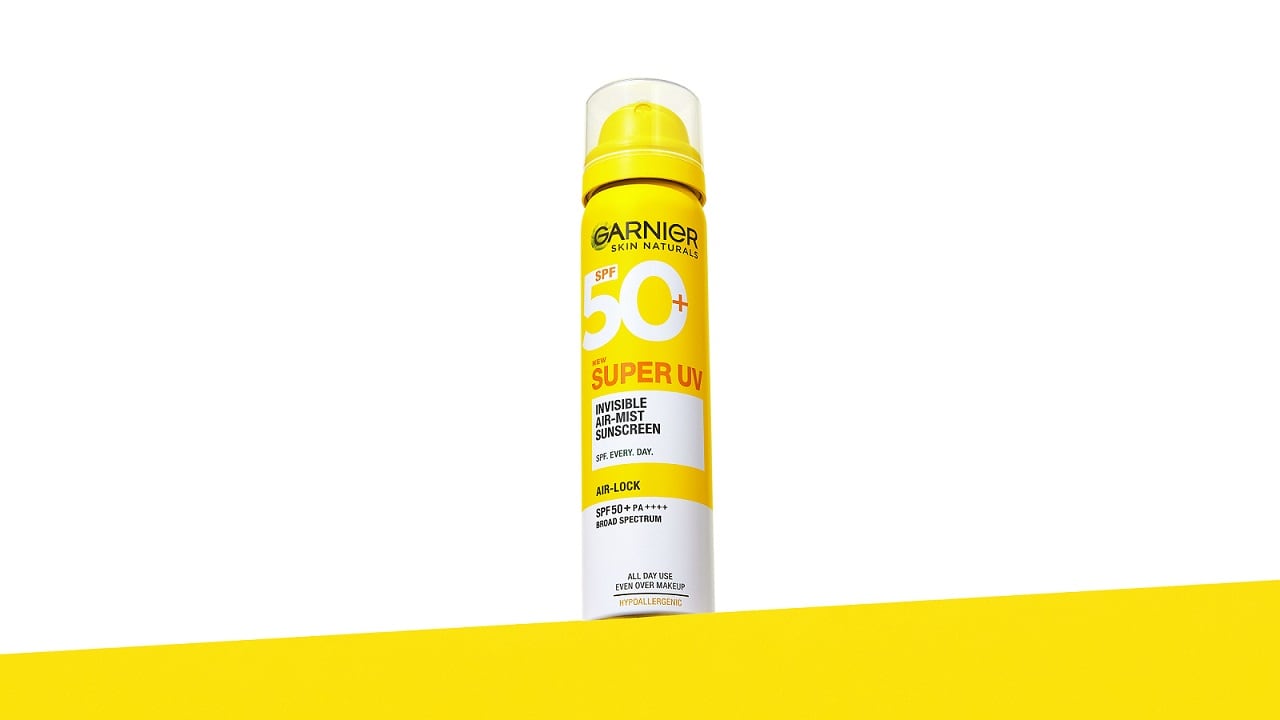
Skin care major Garnier is leaning into green science to deliver powerful yet sustainable products for its discerning Asian consumer.
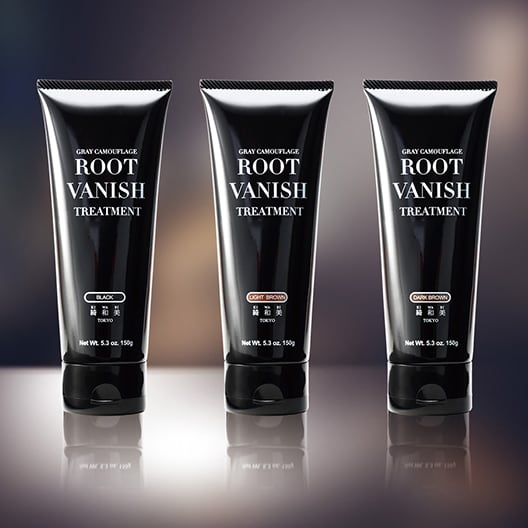
Japanese hair care brand KIWABI reformulates its grey hair-cover and treatment product to satisfy the needs of a wider audience, including Muslim and vegan consumers.
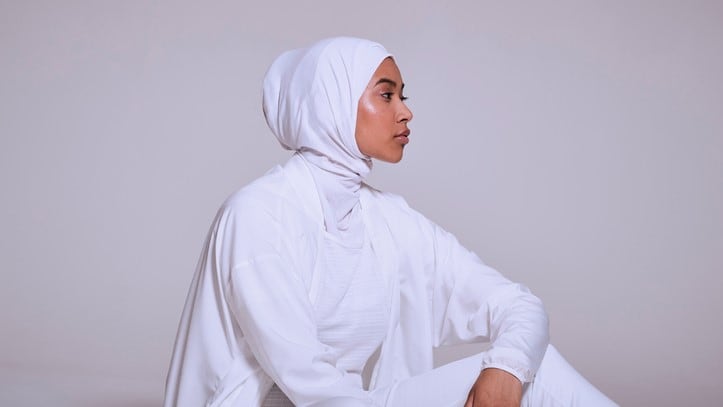
Muslim consumers often struggle with finding wudhu-friendly makeup due to the misconception that all halal products meet the requirements for ritual cleansing.
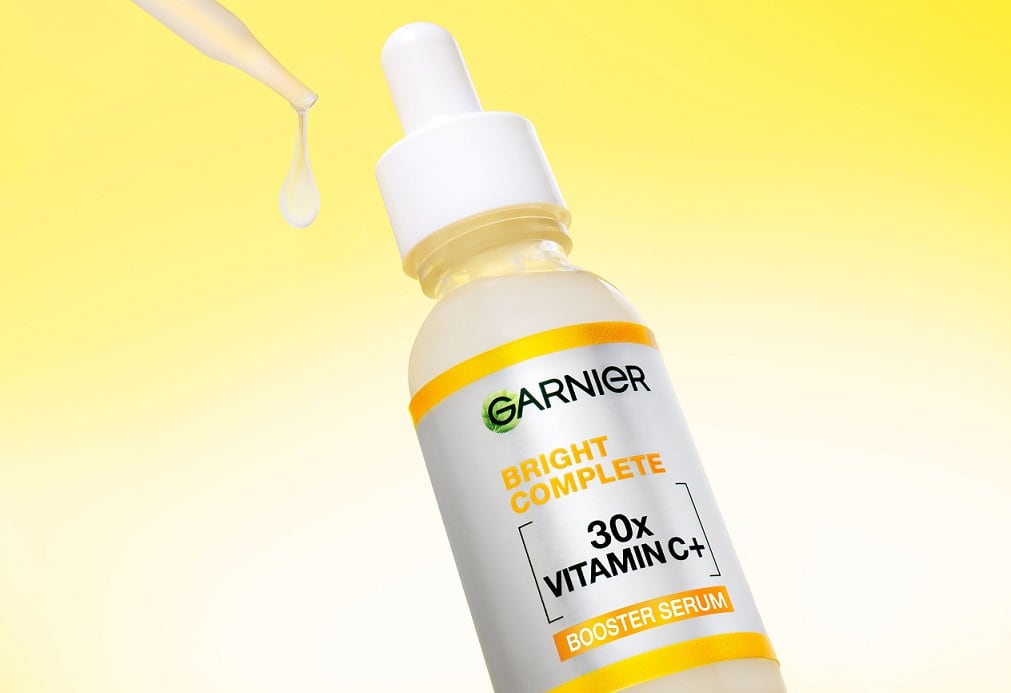
Skin care brand Garnier unveils a new and improved product line-up led by Asian innovation and green beauty mission.
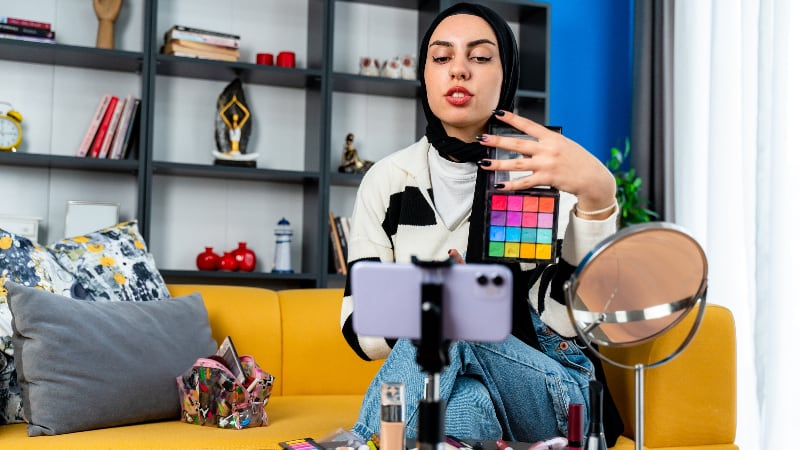
The rebound in makeup demand, live commerce influence, and popularity of K-beauty in the Middle East and North Africa (MENA) represent key growth opportunities for halal beauty, says a recent report.
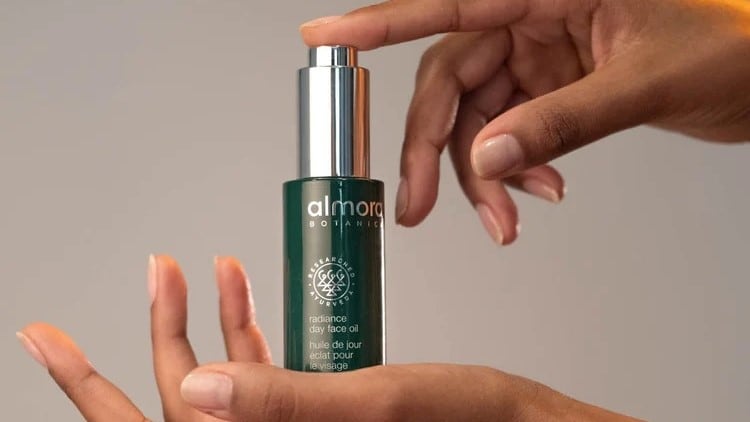
Luxury Ayurvedic beauty brand Almora Botanica sees Generation Z rising interest in natural preventative ageing solutions as a major opportunity.
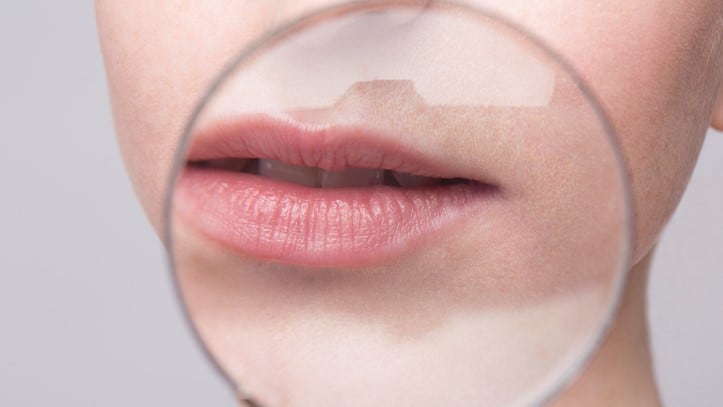
The widespread usage of terms such as ‘microbiome-friendly’ are "inaccurately representing the complexity of the microbiome”, says the chief executive of a microbiome testing company.
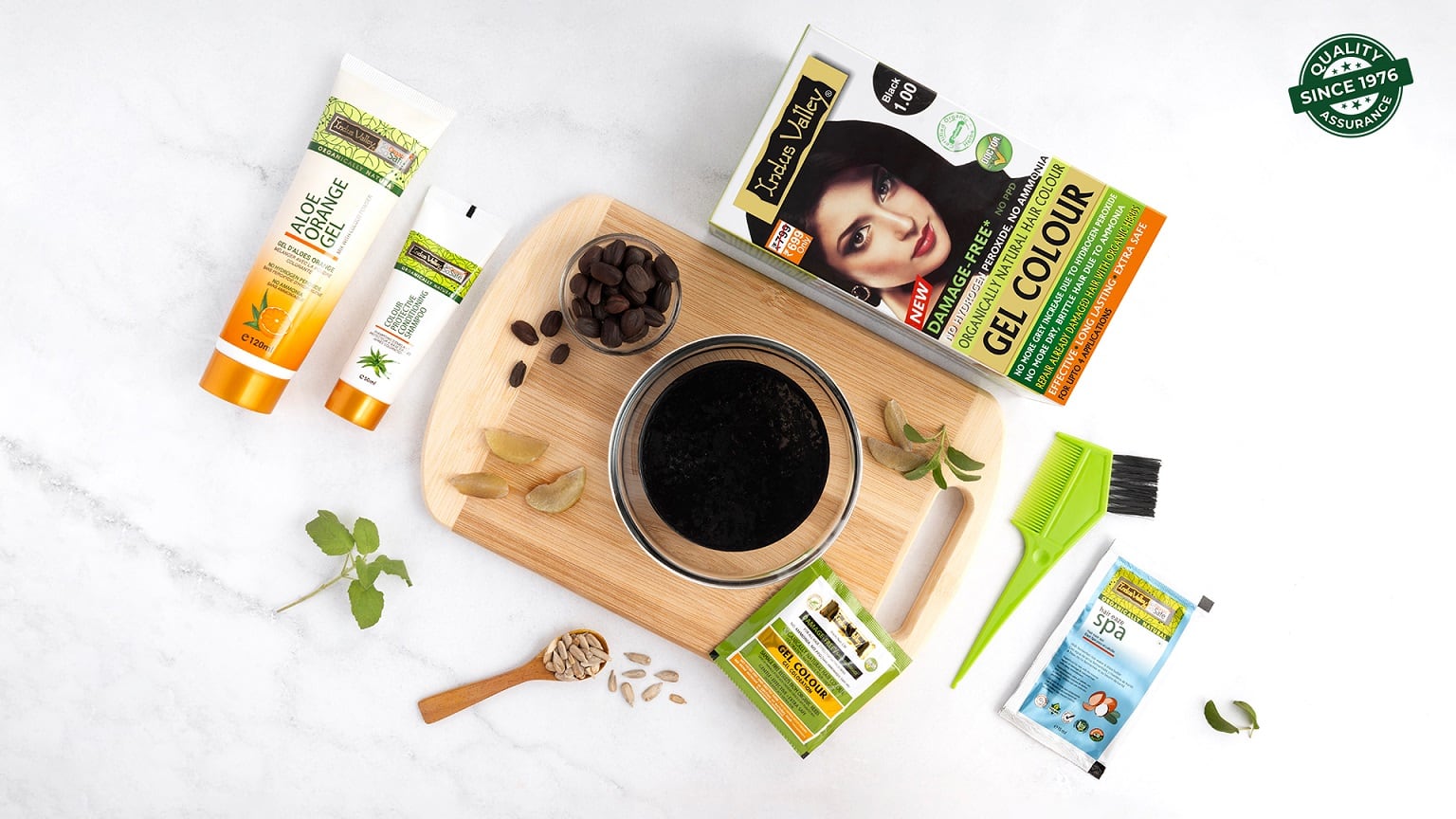
Organic cosmetics company Indus Valley is working to corner 30% of India's online premium boxed hair colour market as part of its ambitious growth plans.
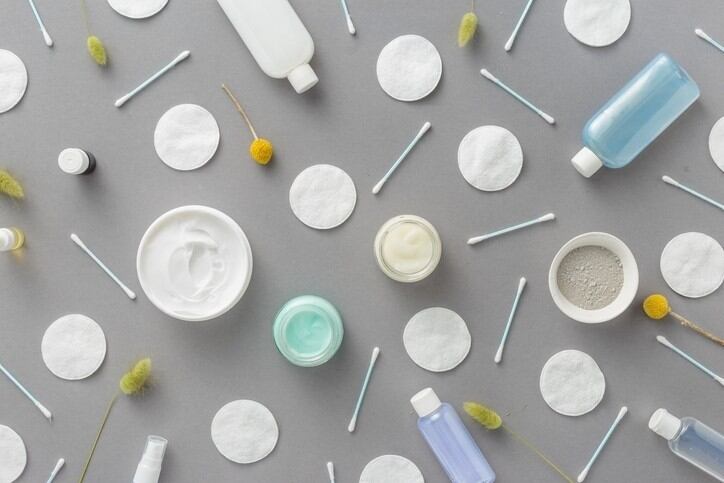
Non-invasive treatments for dynamic wrinkles have a maximum of 52% wrinkle reduction compared to Botox's potential of 80%, says a Korean review.
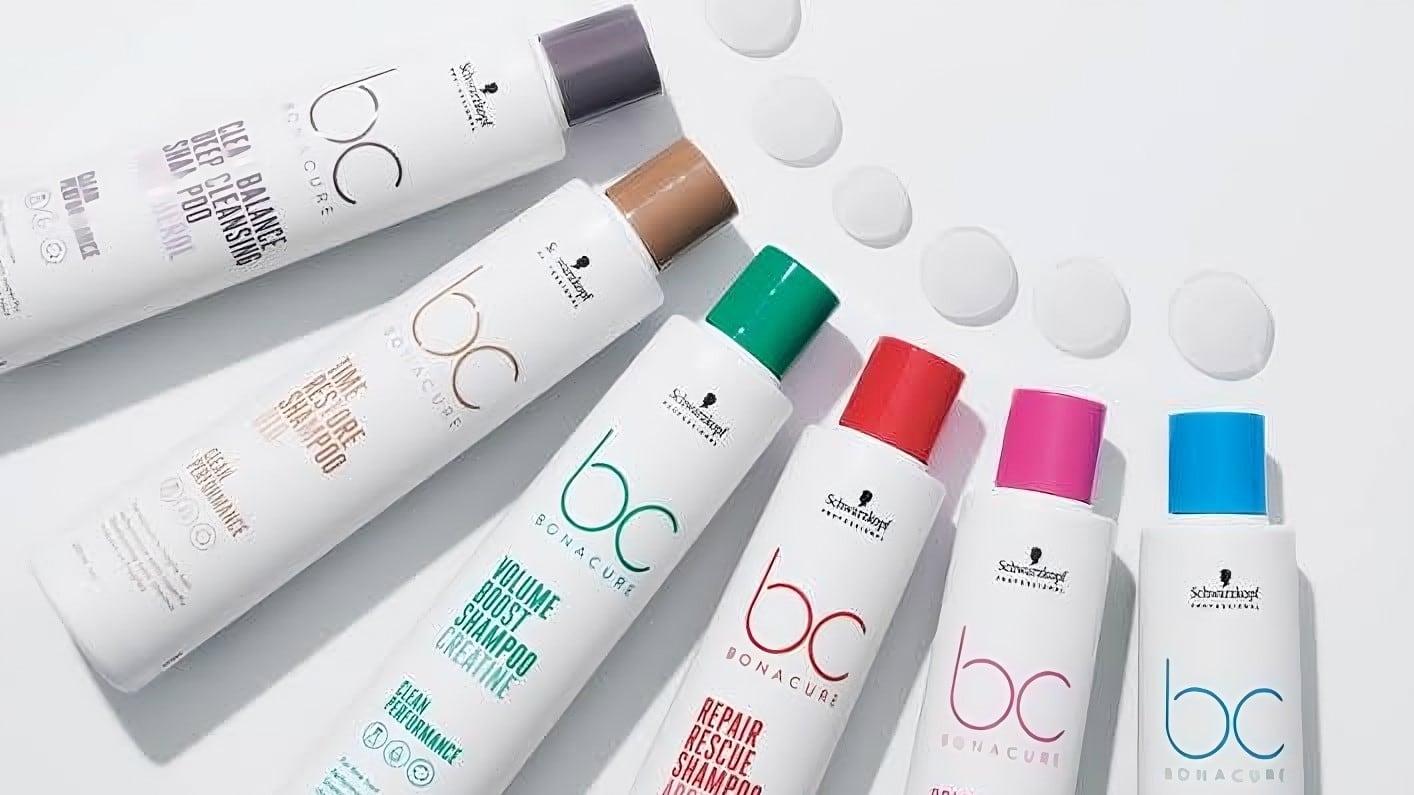
The heightened awareness of hair health and cosmetic ingredients among Indian consumers is influencing their choice for hair repair treatments and clean formulas, observes German brand Schwarzkopf Professional.
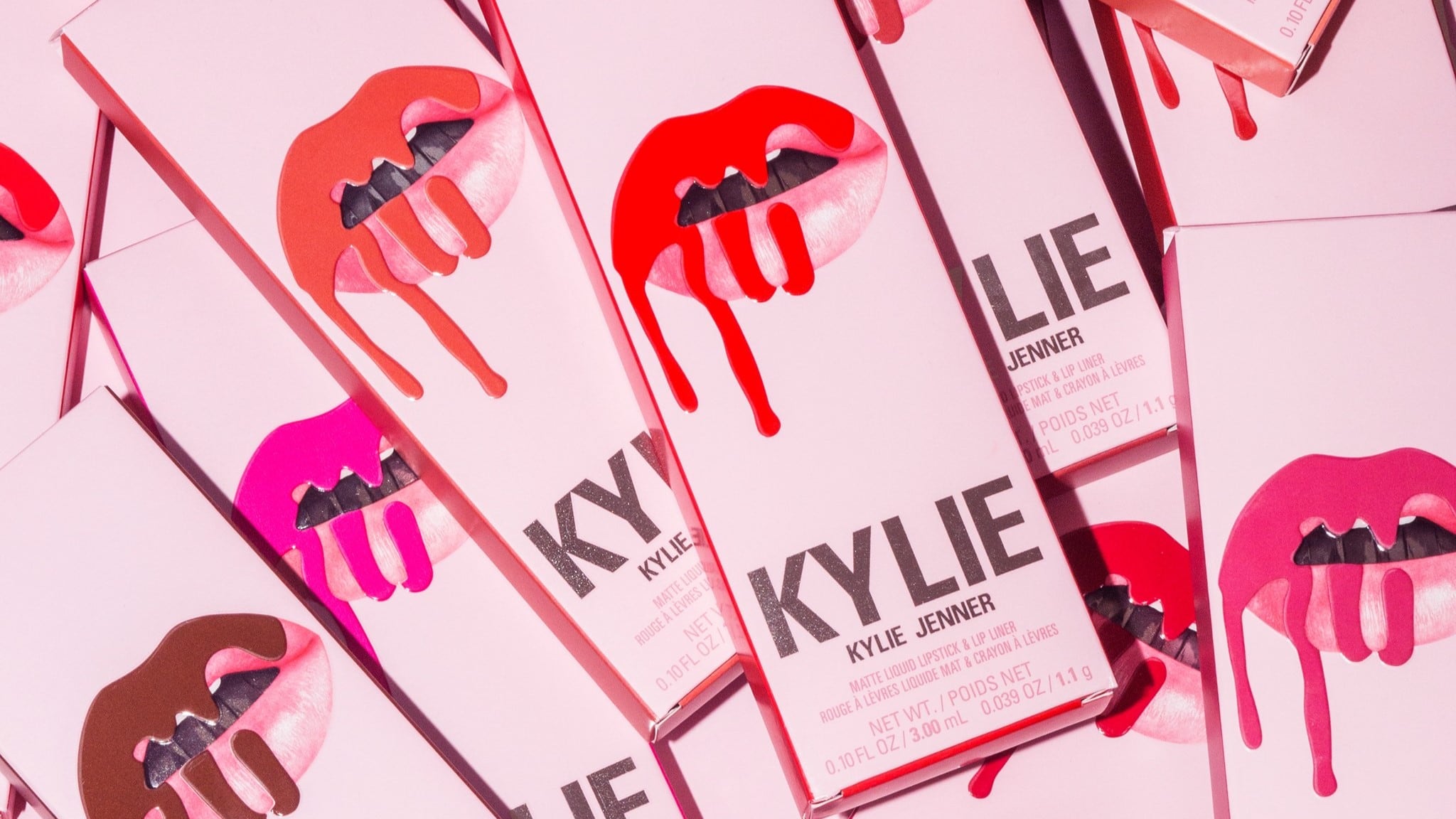
American beauty multinational Coty has pushed its marketing efforts for brands such as Burberry Beauty and Kylie Cosmetics as it nurtures its prestige beauty business in India.
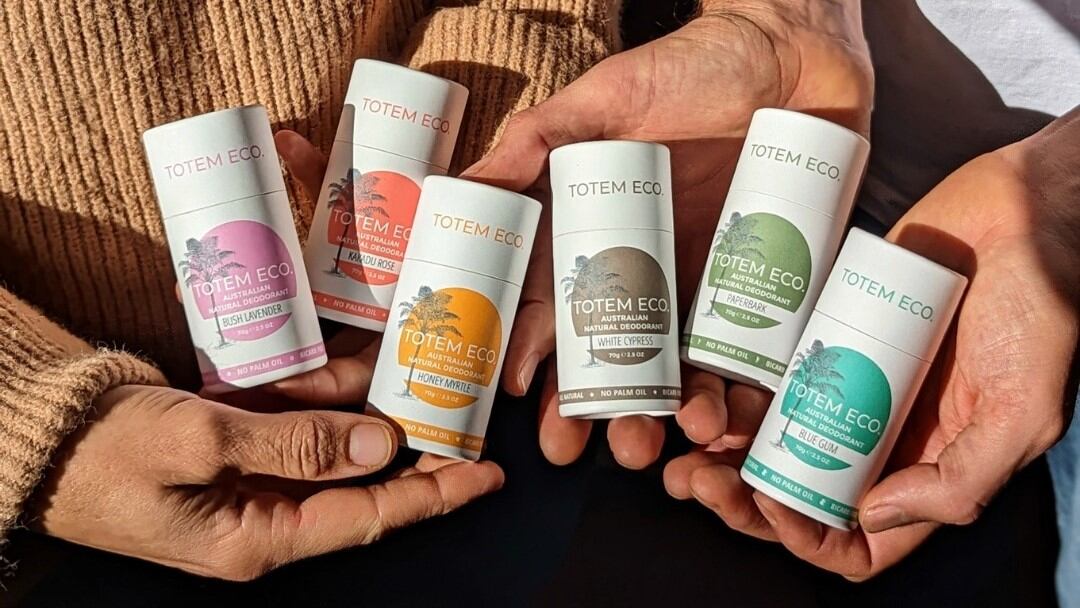
Australian personal care brand Totem Eco aims to tap into the growing trend of conscious consumerism as it embarks on its international expansion, with South East Asia as a major focus.

With 'over 90% of a cosmetic product’s environmental impact determined during the design phase,' integrating AI-backed solutions is becoming essential for cosmetics and personal care product manufacturers striving to meet sustainability goals, says AI...

We reveal exclusive insights into the Asian skincare market with expert viewpoints from Melvita, Elizabeth Arden, StyleStory, and more, discussing the shifting landscape, emerging consumers, and strategies needed to stay ahead in this increasingly...
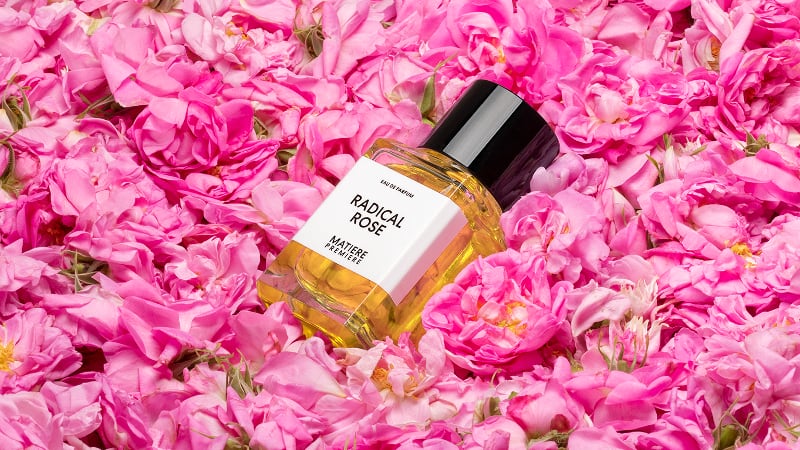
French fragrance house Matiere Premiere has landed in Japan for the first time in June, following vigorous global expansion over the past few years.
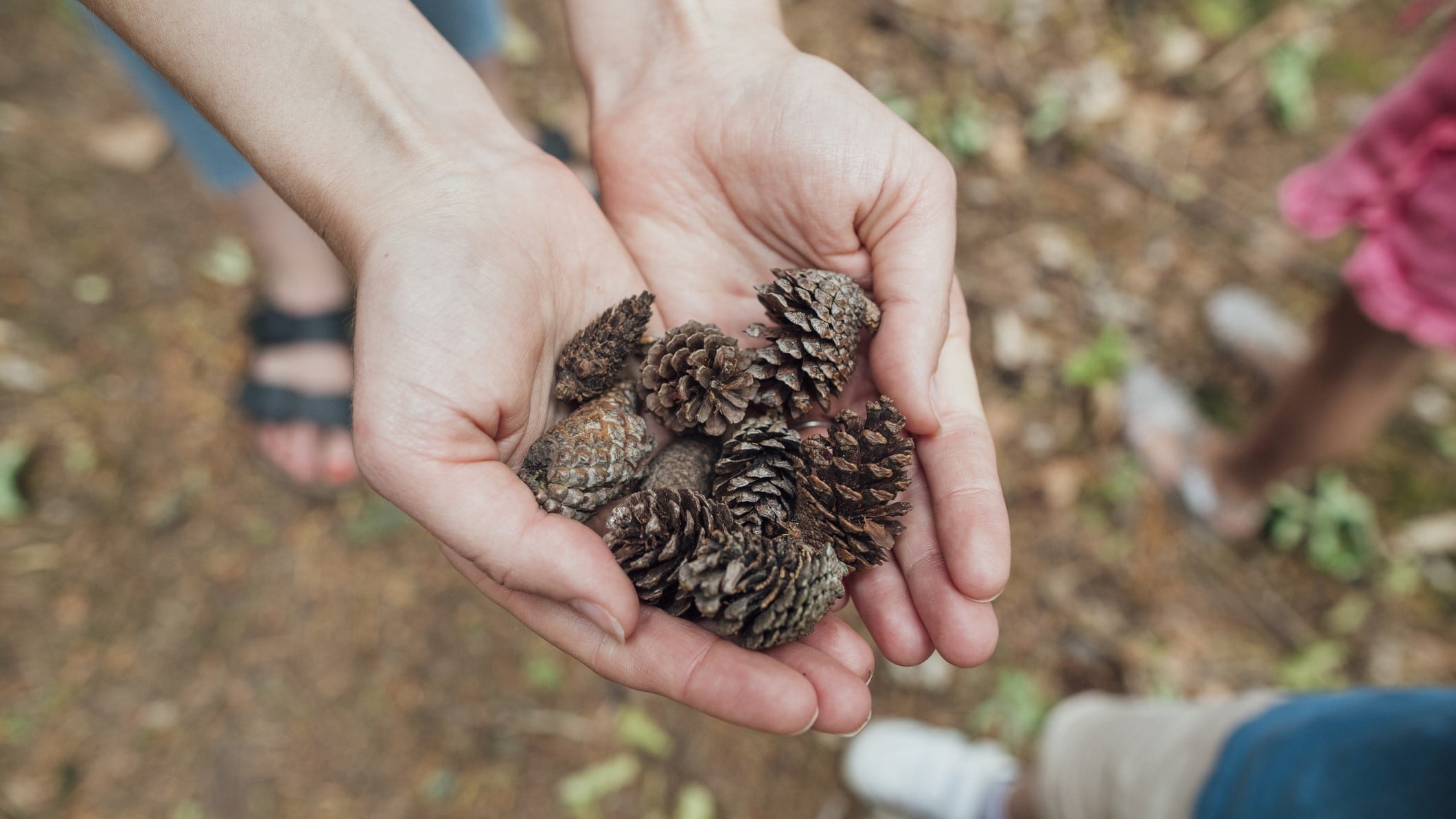
The hair care market in Asia will resonate with bio-inspired natural hair care as consumers seek products that deliver benefits such as shine and moisture without relying on ingredients like silicones, according to Mibelle.
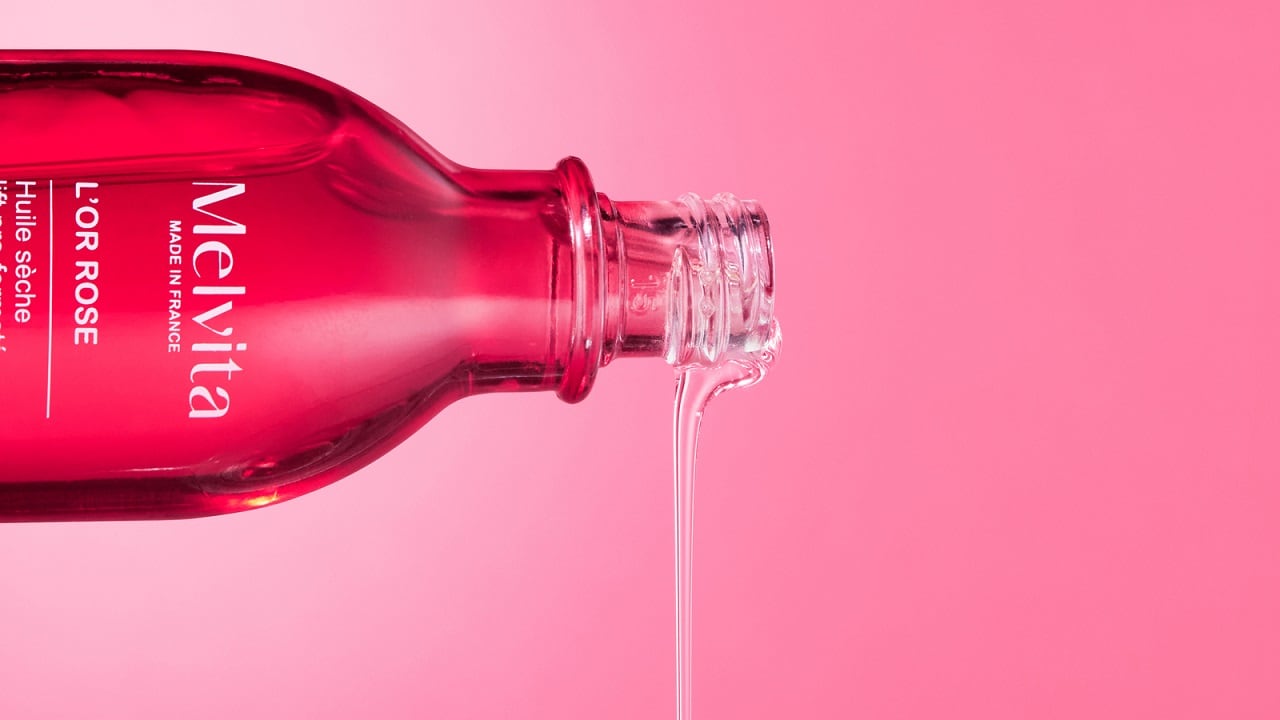
L’Occitane-owned Melvita is rolling out a brand new look with revamped stores and communications in Asia Pacific to capture the rising opportunity for high-performing natural beauty products.
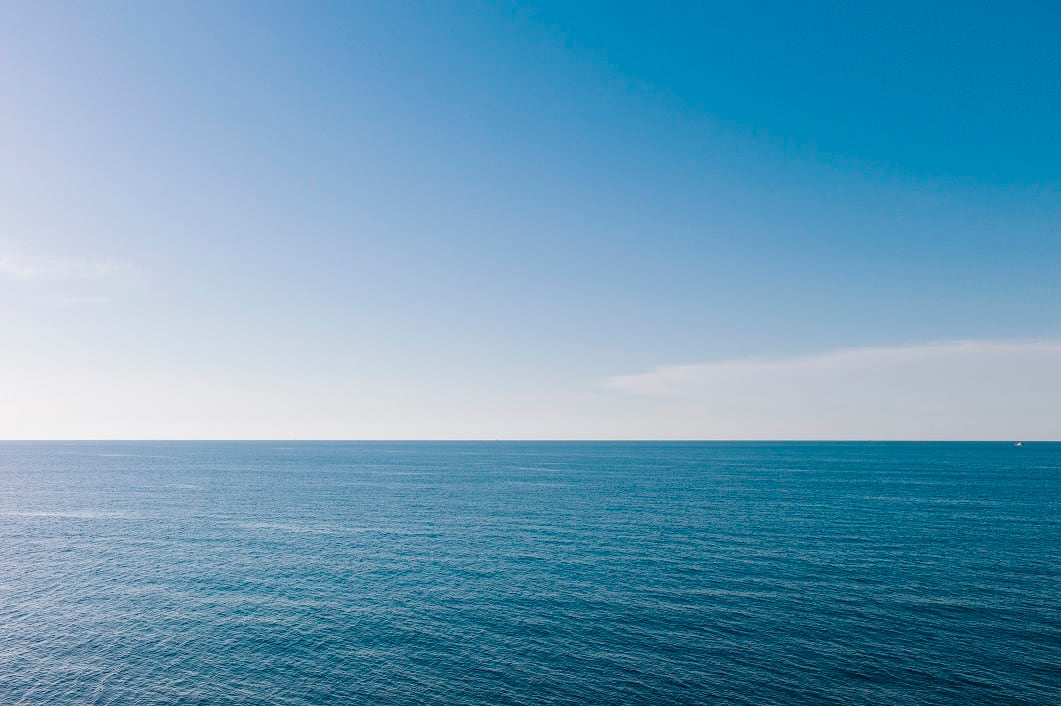
Marinova has highlighted the cosmetic potential of fucoidan’s anti-inflammatory and wound-healing properties in addressing chronic skin conditions such as acne, psoriasis, and atopic dermatitis.
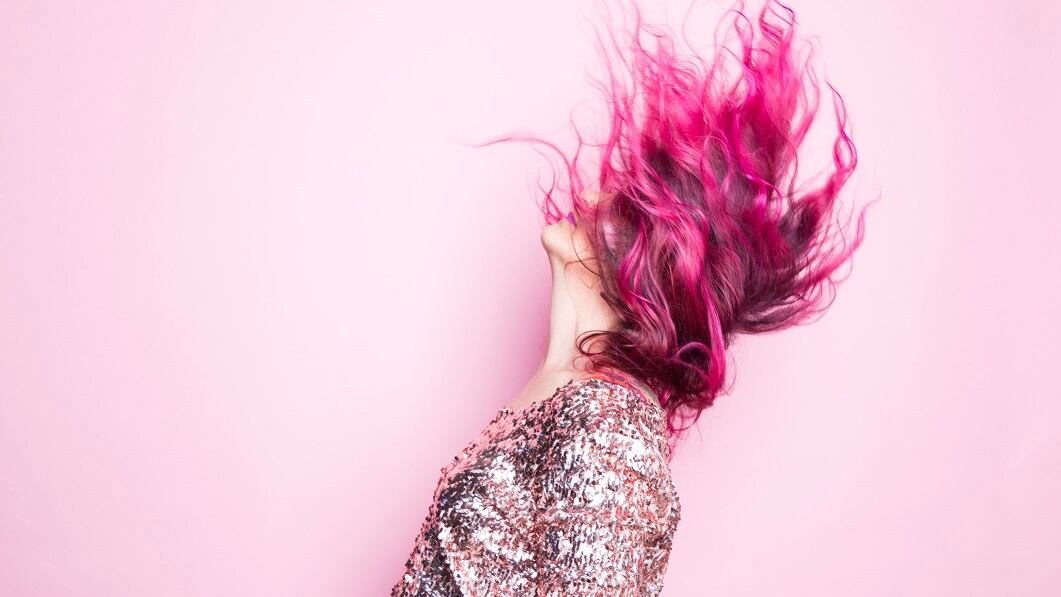
New Zealand biotech firm Keraplast says brands and consumers are increasingly looking for more specialised haircare applications and claims, which it hopes will provide significant opportunities for its functional keratin products.
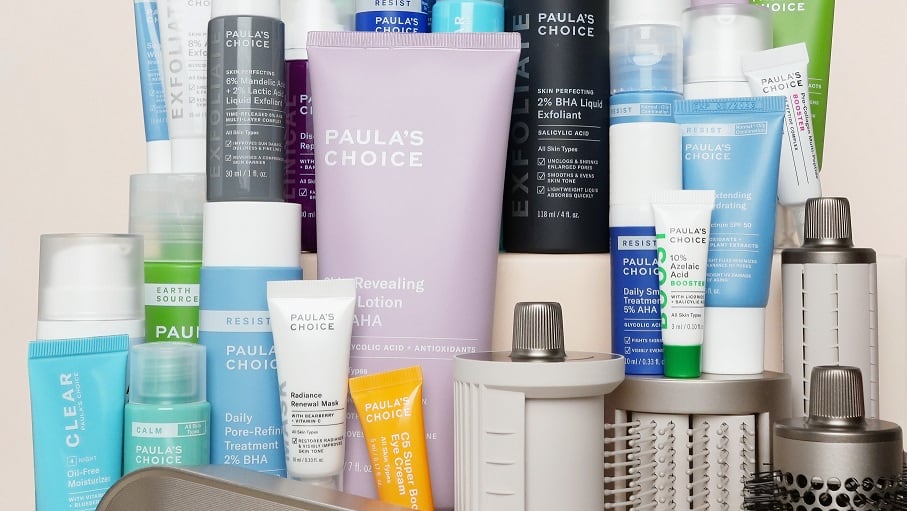
Skin care brand Paula’s Choice has launched its Beautypedia platform on its South East Asian websites to provide education and information about cosmetic ingredients.
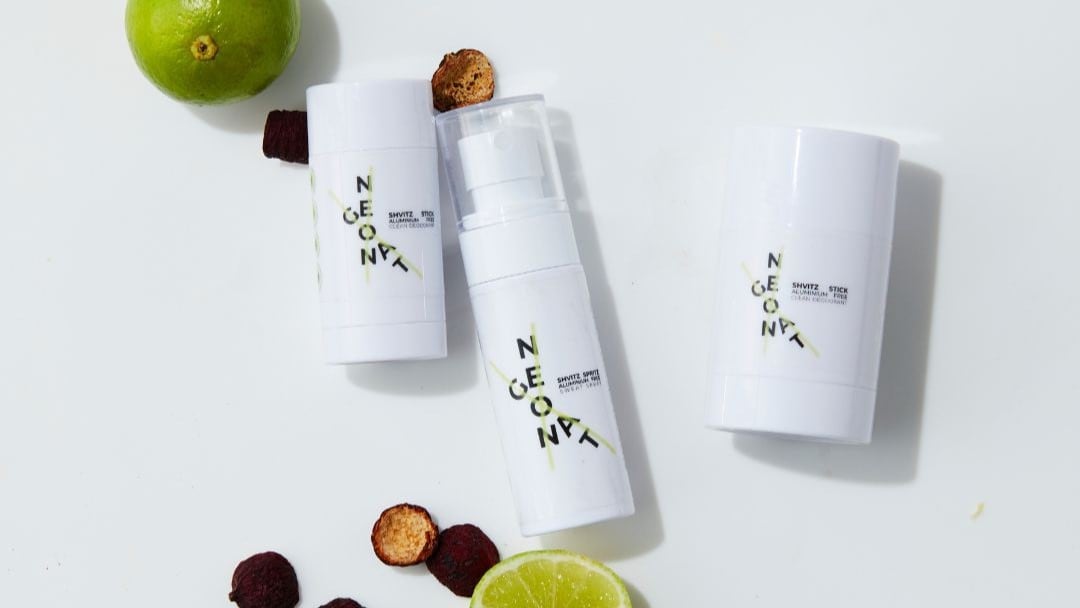
The founder of a Gen Alpha-centric deodorant brand has her sights set on dominating the market for tween and teen boys, which she believes has been sorely overlooked.